During the last 12 months, there were more than £0.5 billion in card fraud in the UK, most of it (about 80%) from transactions made using the card details online, mainly in e-commerce. In 2024, compromised data affected over 1.35 billion users worldwide, underscoring that actors targeting payment systems continue their efforts. Experts still regard PCI DSS compliance as the most important standard for protecting cardholder information in the industry. Besides requiring it, such changes provide important protection from new cyber attacks focused on collecting payment information and customer data.
What is PCI DSS Compliance?- A Short Overview
The process of PCI DSS compliance requires organizations to follow the Payment Card Industry Data Security Standard guidelines for handling payment card data. They apply to everything, such as security on the network and staff education, so cardholder data is preserved at all points of the payment procedure.
An organization complies with PCI DSS certification when it follows the required technical and management steps to keep cardholder data safe from being taken or used incorrectly.
Requirements for PCI DSS Compliance in the UK in Terms of Laws and Contracts
The PCI compliance requirements are included in contracts for any business that deals with payment card data. If businesses linked to Visa or Mastercard fail to obey the required standards, they may receive heavy penalties, higher transaction charges, and a bad reputation.
PCI Standards – Four Levels
The PCI DSS compliance level is set depending on how many card transactions are processed each year by the merchant.
| Level | Transaction Volume (per year) |
Typical Merchant Type | Validation Requirements |
| 1 | Over 6 million | Large retailers | Annual on-site assessment, quarterly scans |
| 2 | 1 million – 6 million | Mid-sized retailers | Annual SAQ, quarterly scans |
| 3 | 20,000 – 1 million | Smaller e-commerce | Annual SAQ, quarterly scans |
| 4 | Fewer than 20,000 | Small businesses | Bank-defined, usually SAQ and scans |
The 12 PCI DSS Requirements (Quick Guide)
1. Firewall Configuration
Each payment gateway should include a firewall to help monitor information, stop unauthorized use, and keep sensitive cardholder information in different segments from the rest of the business network.
2. Do Not Use the Standard Settings
There are many examples when default passwords and settings are exploited. A major part of PCI compliance scan is to change all standard network configurations and passwords to prevent risks.
3. Protect Stored Cardholder Data
Organizations must identify their data’s location, control the time they save it, and closely control the keys they use to encrypt their data.
4. Encrypt Public Transmission
Encrypt all credit or debit cardholder information sent through any public or open network. As a result, anyone who tries to access the data receives nothing, so attackers cannot use it.
5. Set Your Antivirus to Update Itself Automatically
All systems that could get malware need anti-malware tools, and users should always keep them up-to-date and regularly supervise them to ensure effectiveness.
6. Secure Systems and Applications
All security weaknesses found in software and systems should be fixed as soon as possible. You should update the security of your software, check for dangerous weaknesses often, and design programs according to security best practices.
7. Restrict Access to Cardholder Data
Cardholder data can only be accessed by people whose duties require it. The use of role-based access controls brings down the dangers of threats inside the company and the risk of exposing PCI data.
8. Identify and Authenticate Access
Each user must be assigned a unique ID so that organizations are able to see their work actions. It is necessary to use strong authentication methods, especially multi-factor authentication, to prove who a user is.
9. Restrict Physical Access
Measures should be set up to keep unauthorized people from getting to the cardholder data. Part of this means secure places, recorded entrances, and monitoring.
10. Track and Monitor All Access
It is vital to keep a full record and watch all use of cardholders’ data and the network. Every day, administrators need to evaluate the logs to notice any strange events or breaches, and they should keep data from audit trails for at least one year.
11. Regularly Test Security
You must spot and fix weaknesses by making sure to scan for vulnerabilities, review the system, and test for possible attacks. It requires PCI compliance service provider to run quarterly scans and a PCI DSS pentesting every year.
12. Establish a Policy That Deals With Information Security for the Entire Workforce
Every information security policy should be put in writing, communicated, and reviewed on an annual basis. Employee training, carrying out risk assessments, and having internal controls in place are examples of this policy.
Advantages of PCI DSS Compliance for UK Organizations
Fewer Chances of A Data Breach
Because of PCI DSS, companies have to use firewalls, encryption, and multi-factor authentication, which greatly decreases the possibility of data breaches. As the average cost of a data breach in the UK is likely to break £3.2 million in 2025, it is vital to follow laws to keep costs low.
Deals with Cyberattacks
The new PCI DSS 4.0 standards single out web skimming as a new kind of attack to keep in mind. You can deal with this kind of threat by making sure to use web application firewalls and protocols for script management.
Trust in the Reputation of a Brand
Since nearly three in four UK customers consider data security their primary worry when shopping online (according to a 2025 survey), being PCI DSS compliant can make a business different from its competitors. When customers see this, it tells them their card information is very safe, helping them trust and feel loyal to the business.
Prevent Penalties and Fines
Failing to comply with PCI DSS compliance requirements may result in fines from £4,000 to £80,000 per month, which also depends on the merchant’s level and the seriousness of the breach. Besides, businesses might see an increase in the fees for transactions and may not be able to process card transactions anymore.
Improving Operations and Saving Money
Working with automated reports and regularly doing security assessments, as explained by PCI DSS v4.0, reduces the need for manual supervision and frees up time and resources. Because of this, companies spend less on operations and can act quickly whenever there is an incident.
Getting Ready for Future Changes
Following PCI DSS assessment also supports being compliant with GDPR by forcing organizations to protect information and inform about any breaches. This way, British companies are ready to deal with new and current regulations.
Improvement and Security
Because the standard focuses on practicing, updating, and reviewing security, businesses can always function more securely. Acting ahead of time becomes crucial because cyber threats don’t stand still, and companies’ environments also change.
How Qualysec Technologies Can Support Your Needs
UK companies rely on Qualysec Technologies to help them succeed with PCI DSS compliance. Their complete service, strong skills, and constant eye on security explain why every business could gain from them. We can assist your business with the compliance process if you follow the PCI DSS guidelines.
Highly Qualified Experts for PCI DSS Penetration Testing.
Using specially designed testing methods, Qualysec identifies possible threats in your payment card environment following PCI DSS standards. Professionals for PCI DSS certification in testing mix automated approaches with manual efforts to make sure everything is assessed well.
Would you like to look at the sample Pentesting report? It will give you an idea of what the detailed report looks like. Download one now!
Latest Penetration Testing Report
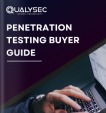
Security Assessments that Cover the Whole Spectrum
Since web, mobile, desktop, cloud, API, IoT, and AI/ML support exists, we will check every aspect of your infrastructure for potential compliance and security problems.
Advanced Testing Methodologies
By mixing features of black-box, white-box, and grey-box testing, Qualysec presents a comprehensive appraisal of your security situation. With this strategy, threats coming from the outside and within are taken care of.
The Focus on Risks in Measuring Vulnerabilities
Qualysec pays special attention to which vulnerabilities will be most likely to impact the business and pose a threat. As a result, you can concentrate on dealing with the top priorities, which boosts your organizational compliance.
Useful and Specific Reporting
All assessments provide reports that explain the findings tech-wise, with examples of exploits, an analysis of what may be damage, and instructions on how to fix the issues. Our purpose is to aid in speedily addressing and solving the problems that we notice.
Tracking Threats
At any time, your security team can monitor your vulnerabilities, how they are fixing them, and compliance using Qualysec’s live dashboards.
Testing and Correction
Being compliant with PCI DSS means keeping up with updates and PCI DSS requirements all the time. After fixing concerns, Qualysec checks the results and maintains its services so you can keep monitoring emerging threats and ensure consistent obedience to standards.
Cooperation and Assistance
Experts from the company join forces with your employees, giving suggestions, assistance, and knowledge on compliance to help you address all issues and keep your systems safe.
Conclusion
Being compliant with PCI DSS standards is extremely important for strong and secure payment systems. This year, UK organizations must prize PCI DSS compliance more than ever because of increasing card fraud and constant changes in cyber threats. Adopting the most recent guidelines and promoting security helps UK companies manage the problems related to digital payments. Contact leaders like Qualysec Technologies today!
Don’t wait for the hackers to come to you. Strengthen your digital frontlines today. Schedule a call with our expert now!
Talk to our Cybersecurity Expert to discuss your specific needs and how we can help your business.
Frequently Asked Questions (FAQs)
1. What is meant by PCI DSS compliance?
The condition of compliance with PCI DSS involves making sure that organizations fulfill the Payment Card Industry Data Security Standard protection and security measures for their customers’ payment data.
2. What are the PCI DSS 12 requirements?
Firewall use, looking after passwords, data protection, encryption, safeguarding against malware, secure systems, access restrictions, authentication, security throughout the organization, regular tests, and policies make up the twelve requirements.
3. What is PCI DSS compliance in the UK?
Any business in the UK that uses payment card data is required by contract to meet PCI data security standard.
4. What are the 4 levels of PCI compliance?
Elements such as the number of transactions determine a merchant’s level, and requirements for assessment and validation vary, as explained in the table above.
5. Do all small businesses have to be PCI DSS compliant?
PCI DSS is required for every business that deals with payment card data, no matter the firm’s size. Small businesses have to follow the same rules as major organizations when it comes to data security, but their validation procedures could be different.
6. What are the results for my business if I do not comply with PCI DSS?
Failing to comply with the PCI security standards can result in huge fines, greater costs of making payments, liabilities in court, and the inability to use cards. It may negatively influence a company’s reputation and cause customers to stop trusting it.
7. When should you go through the process of validating PCI compliance?
Merchants of Level 2, 3, and 4 are to finish a Self-Assessment Questionnaire once a year. However, they expect PCI DSS Level 1 to conduct on-site reviews and scans of their networks on a regular basis.
8. Are any new rules introduced in PCI DSS v4.0?
The new version, PCI DSS v4.0, adds 51 new requirements that took effect from March 31, 2025, and involve the use of web application firewalls, more secure management of scripts, and tougher authentication settings.
9. Are all cybersecurity threats stopped by compliant PCI DSS companies?
The PCI DSS certification cuts down the risk of data breaches, but there is still a possibility of them happening. It should work together with other approaches to enhance security.
10. How should we start getting ready for PCI DSS v4.0?
First, check the difference between the old and new PCI DSS requirements, change your security policies and controls, and hire experts to help you complete compliance.





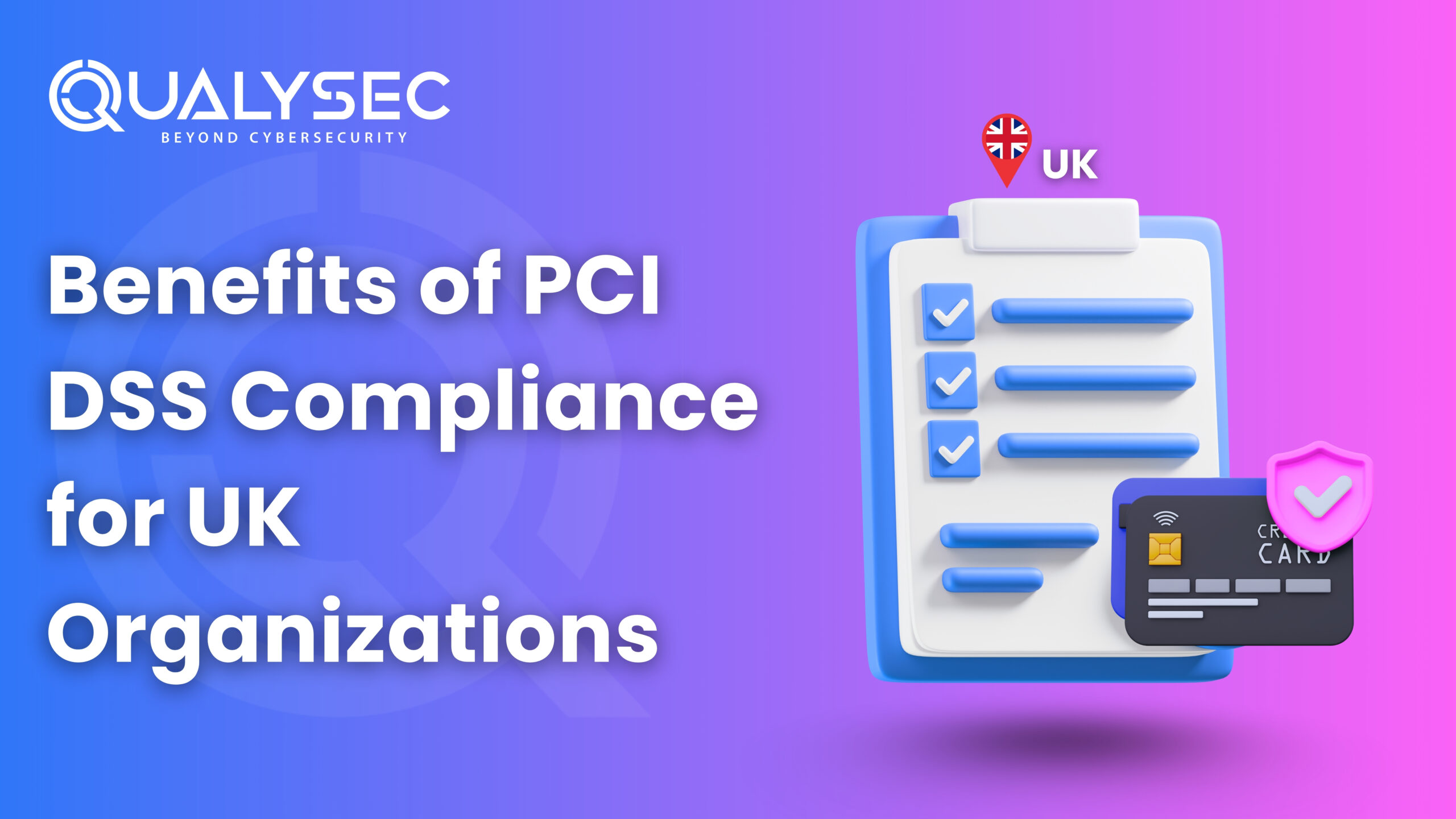



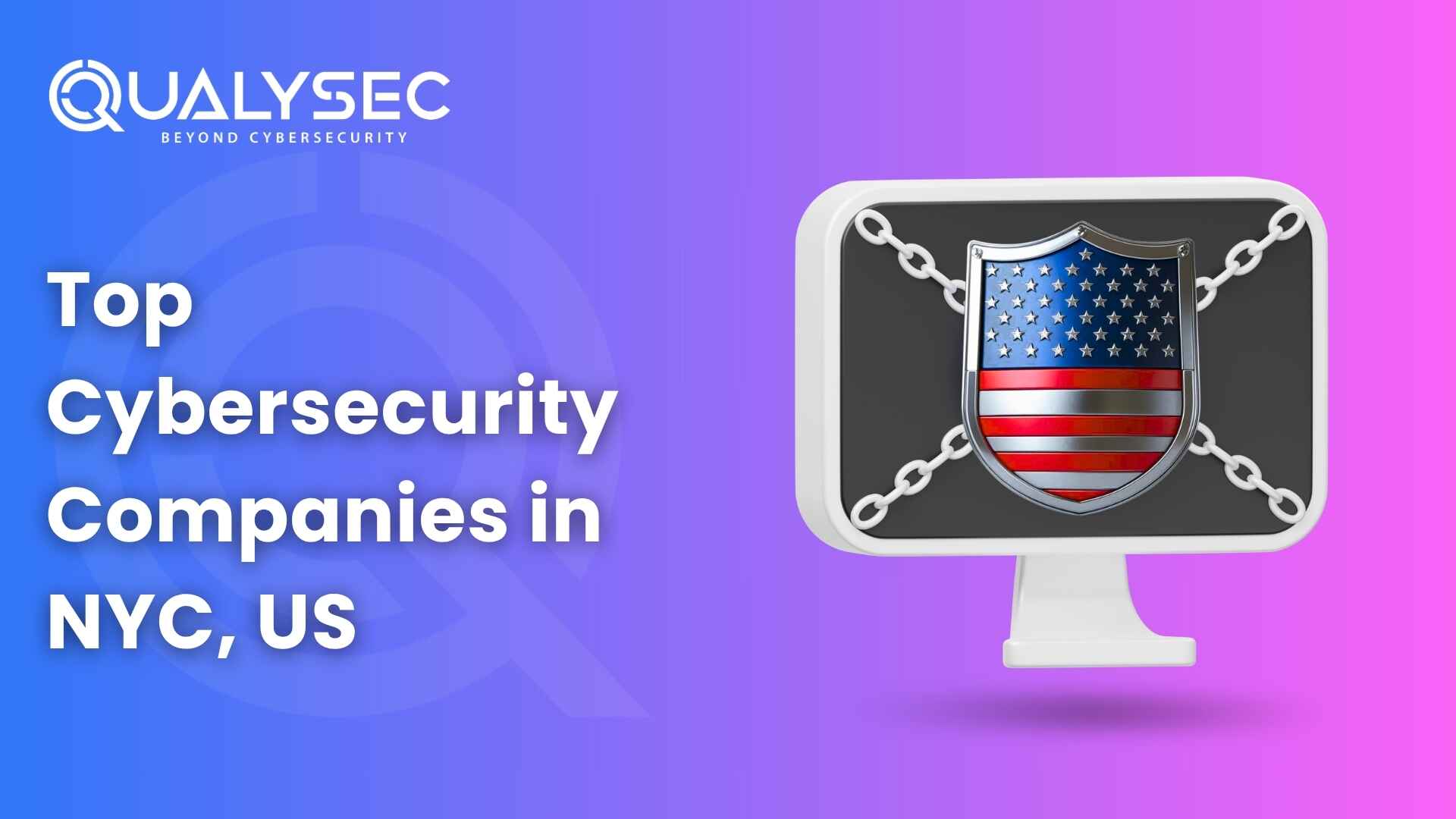
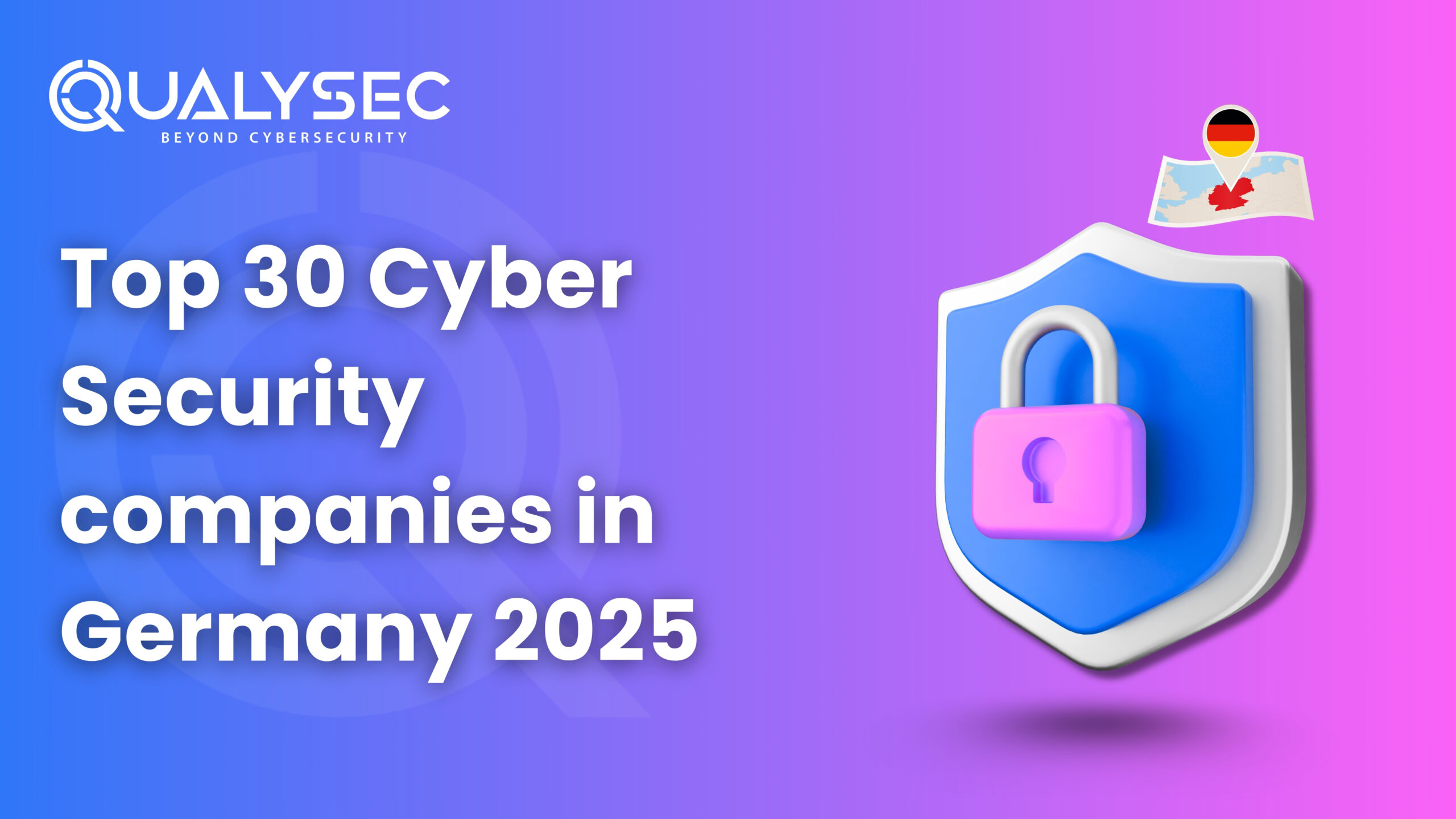
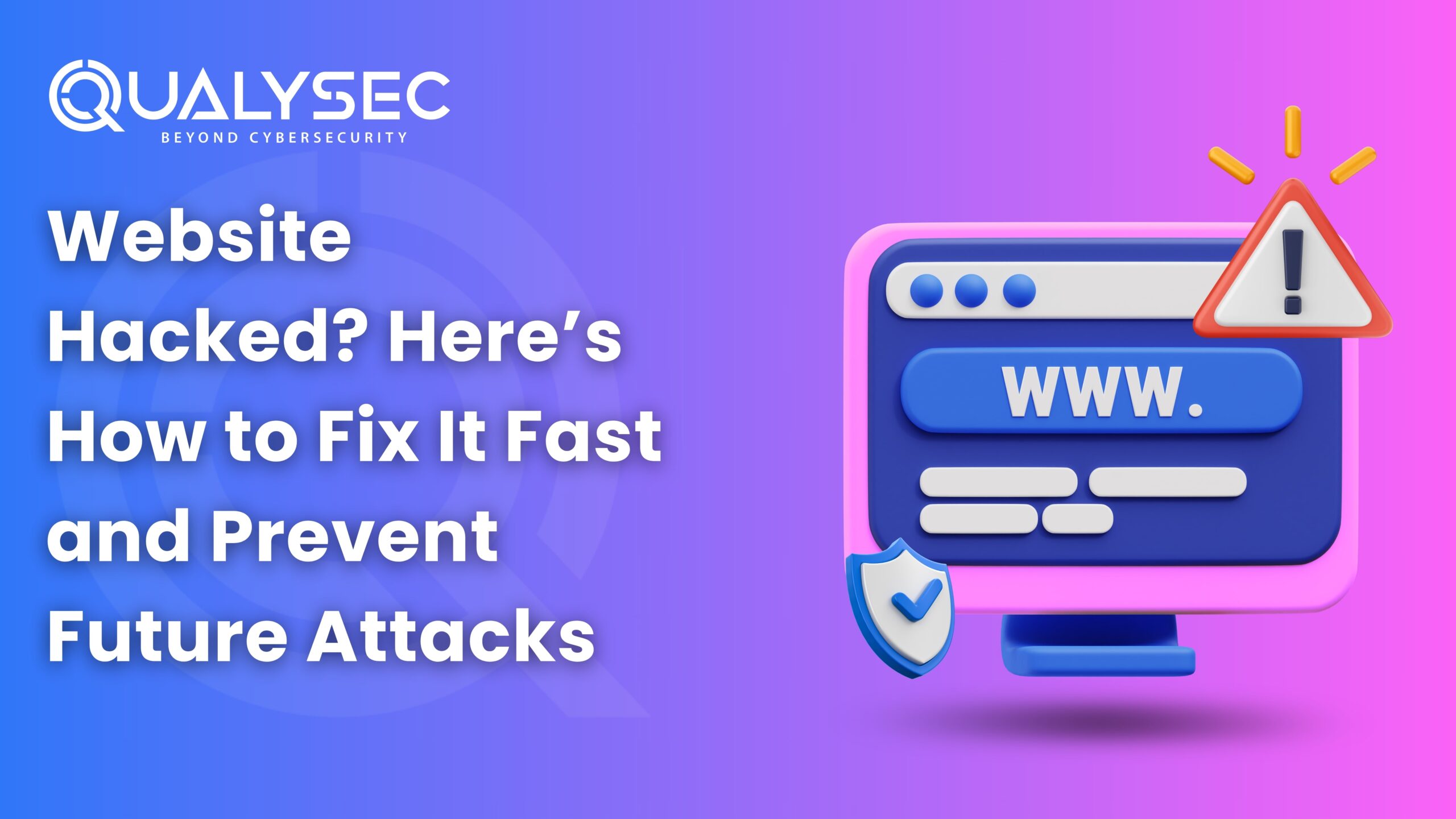
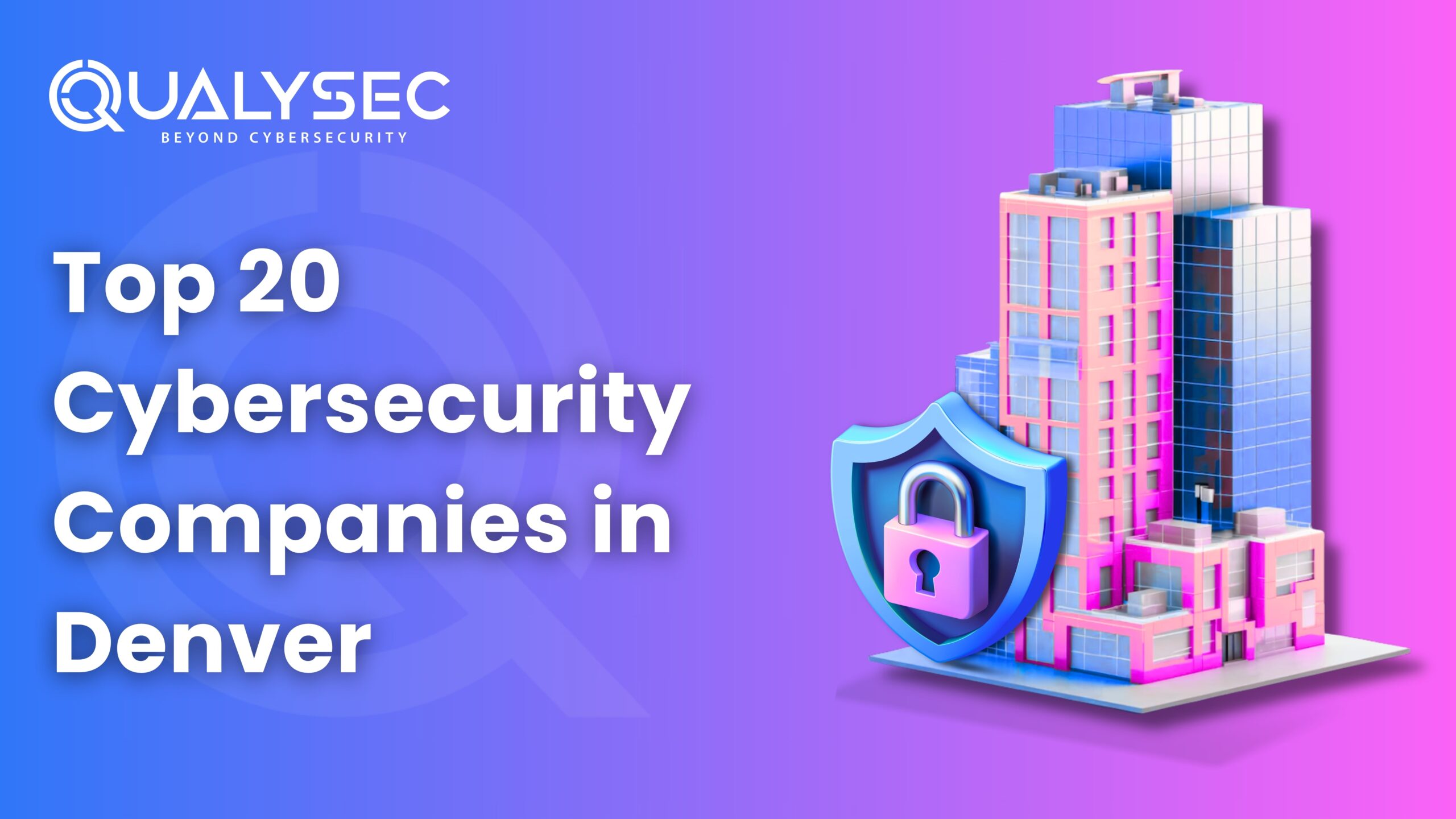
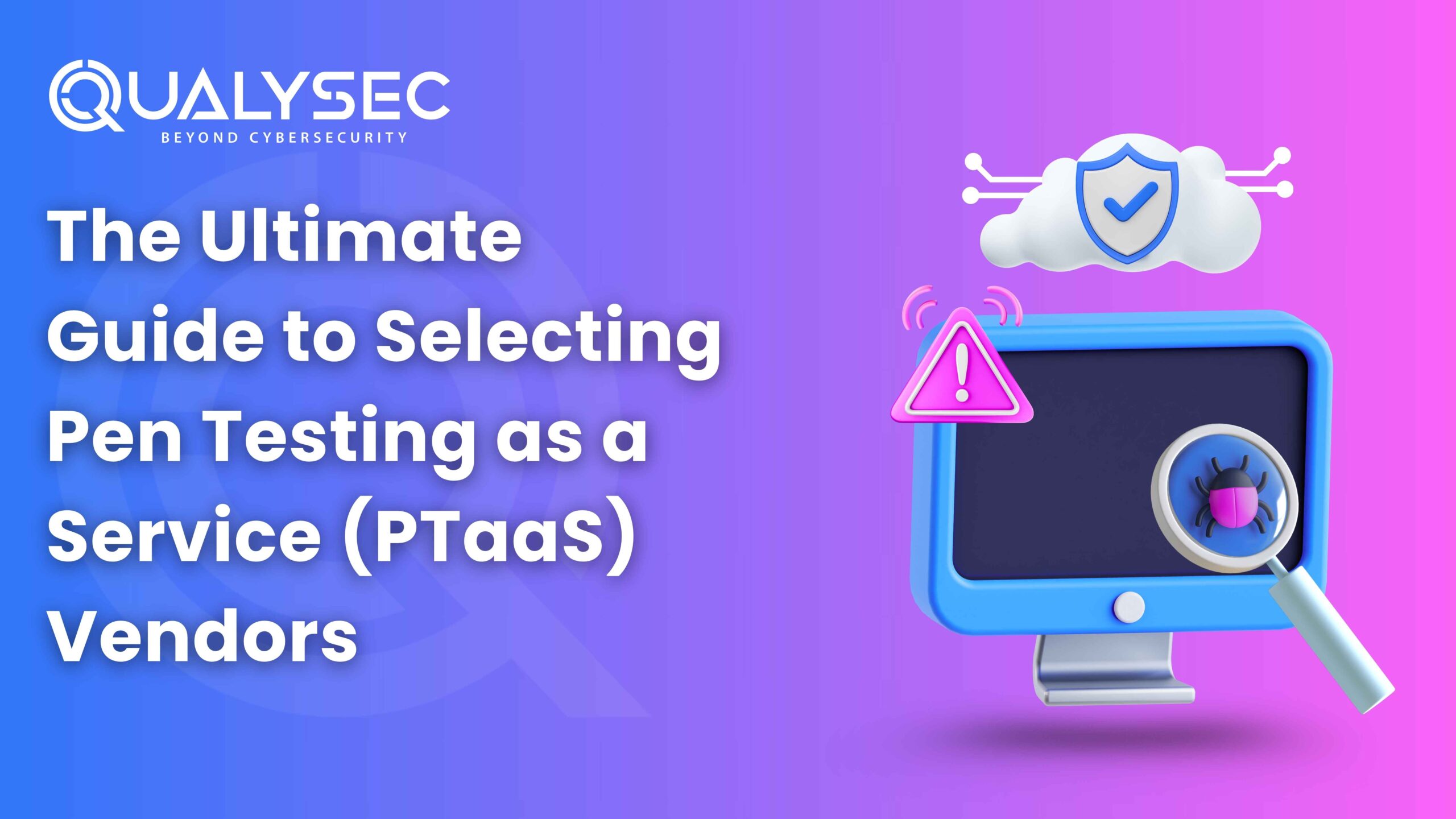
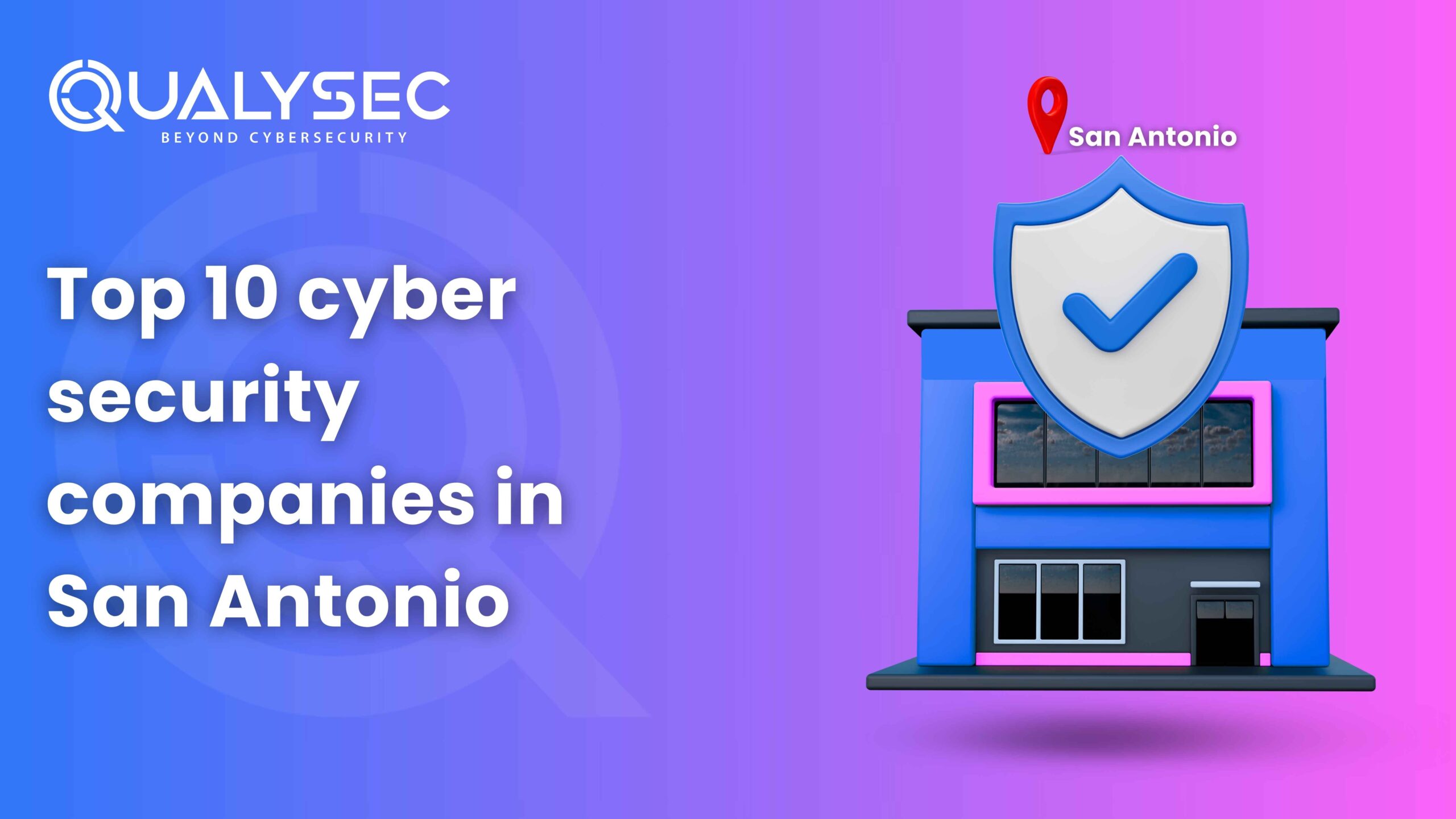
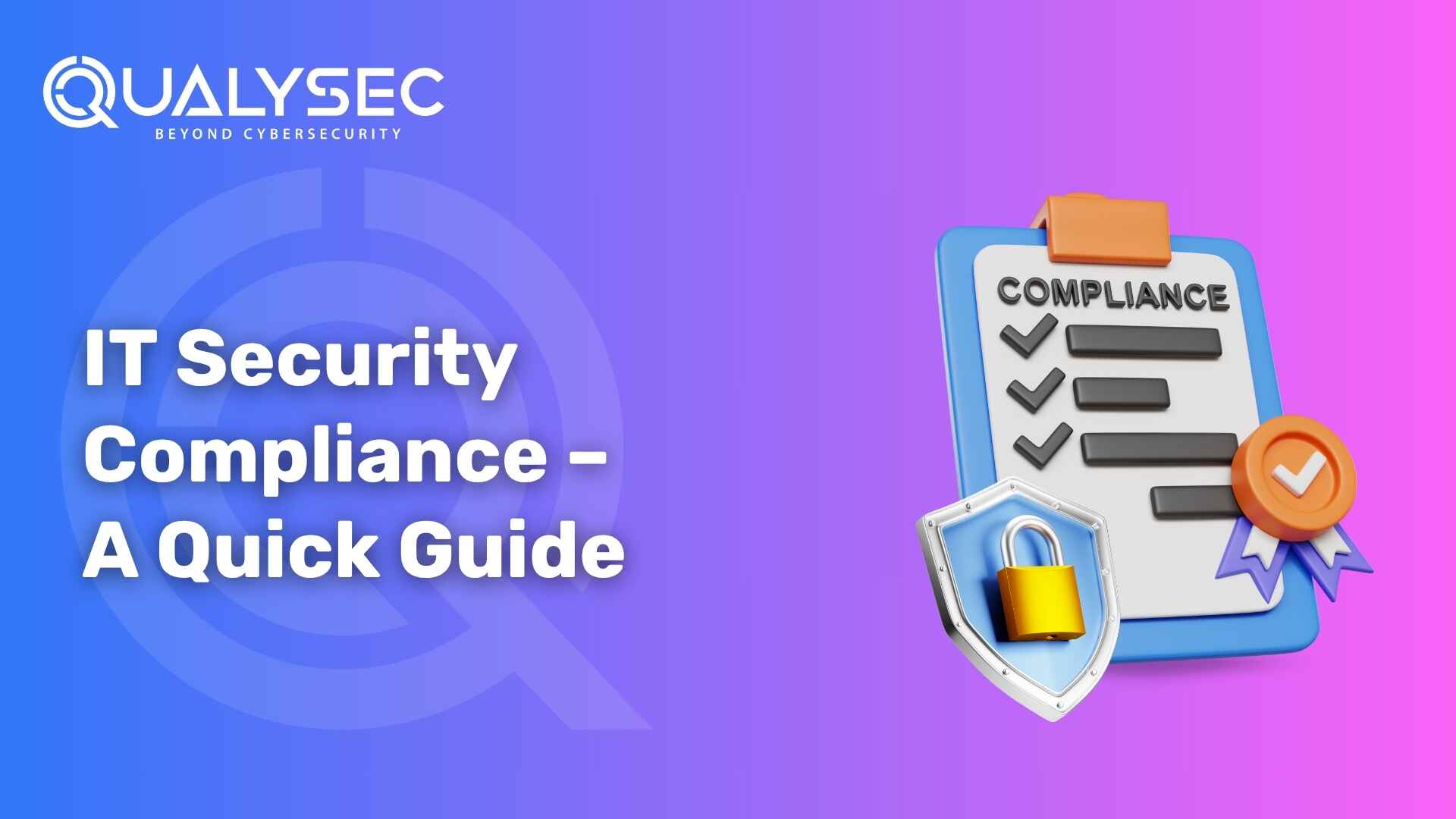
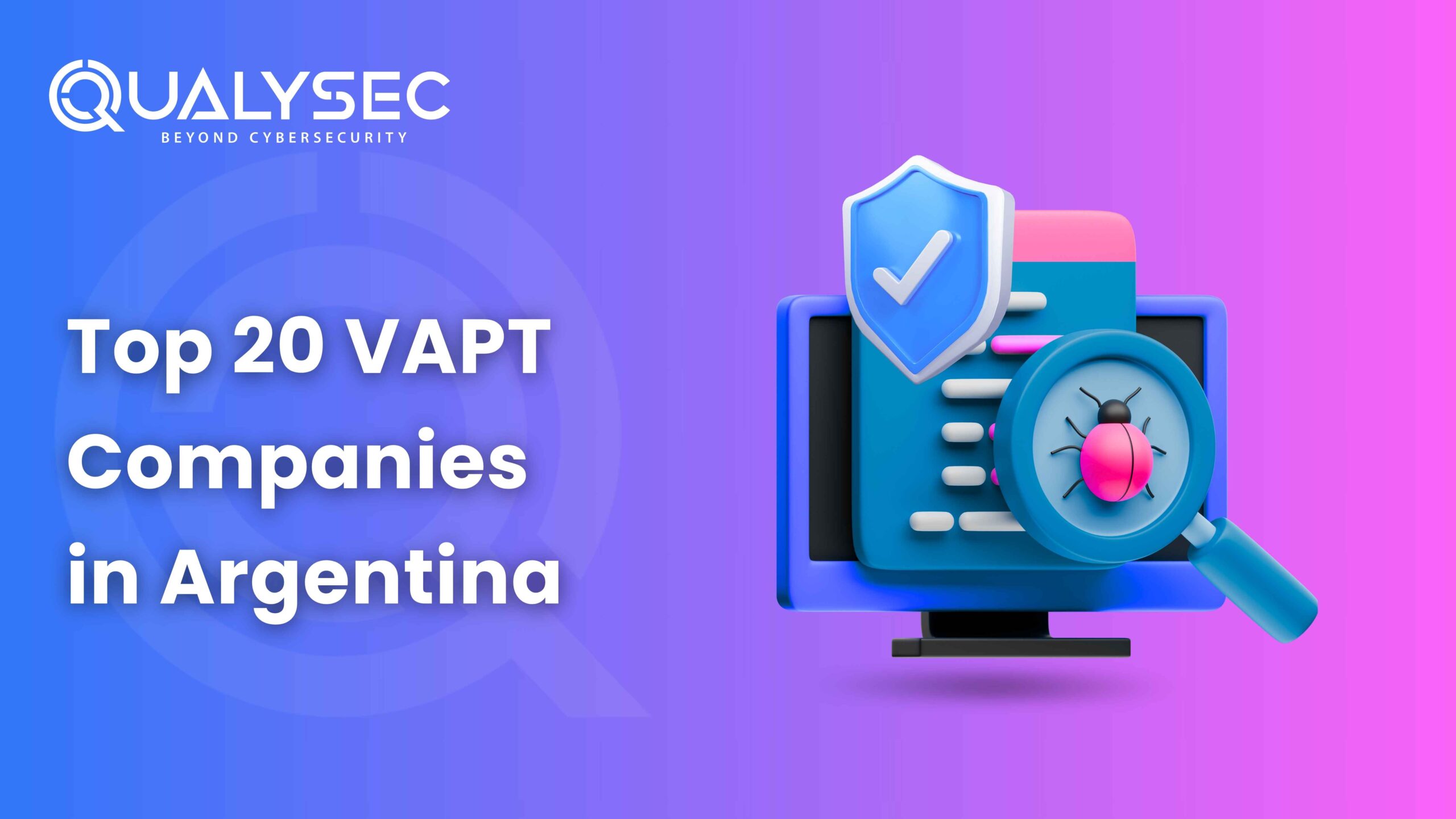
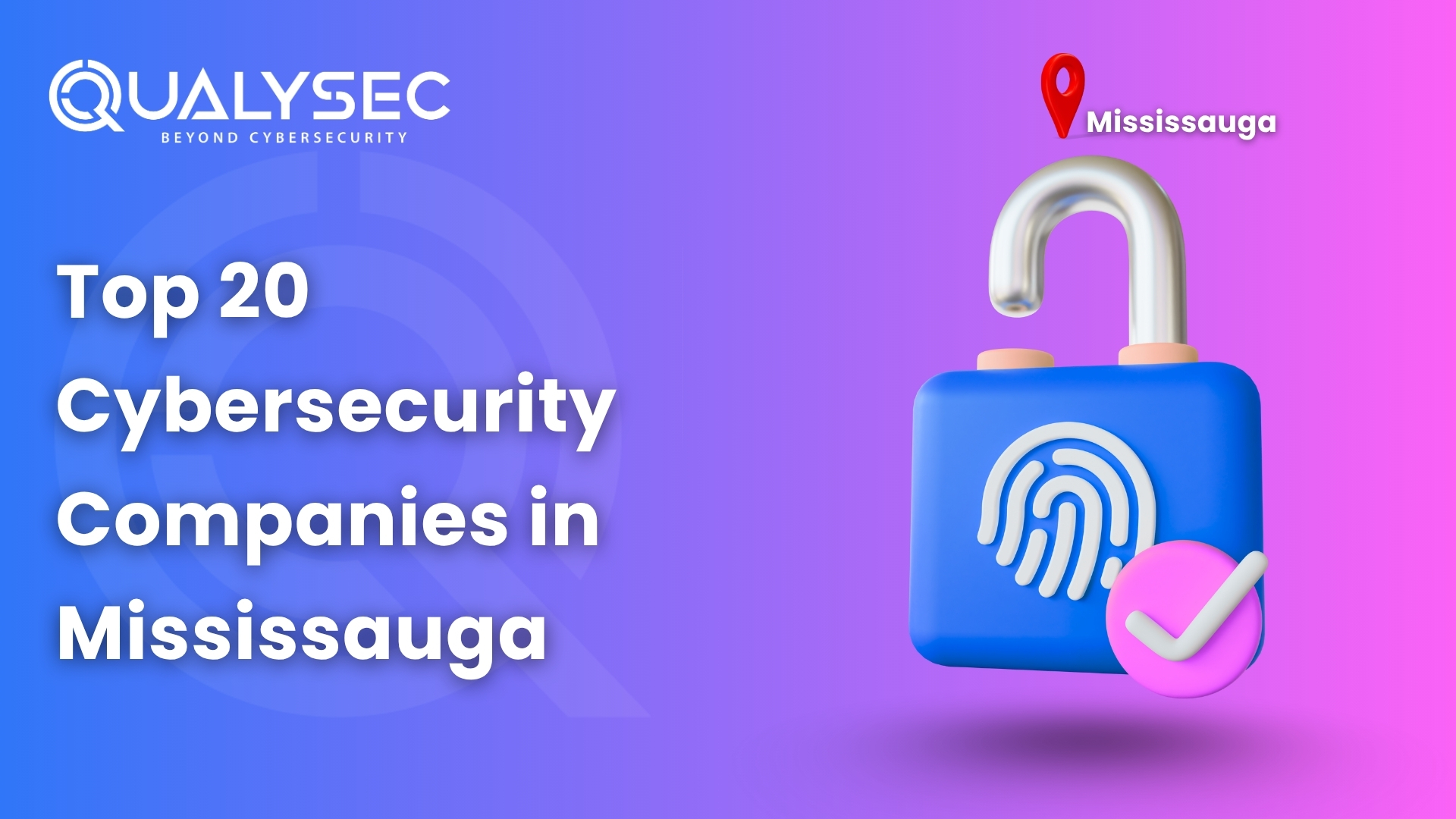
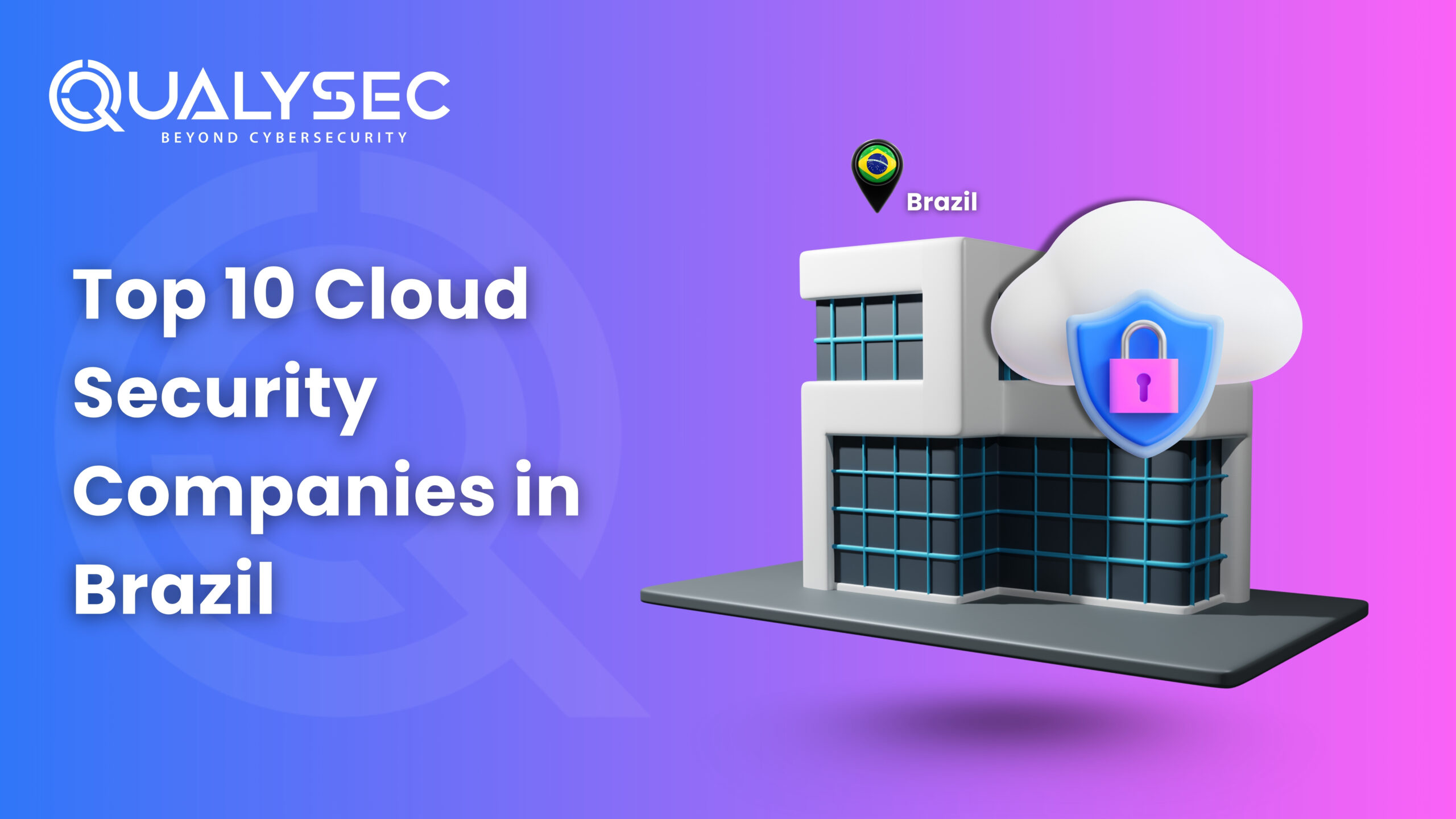
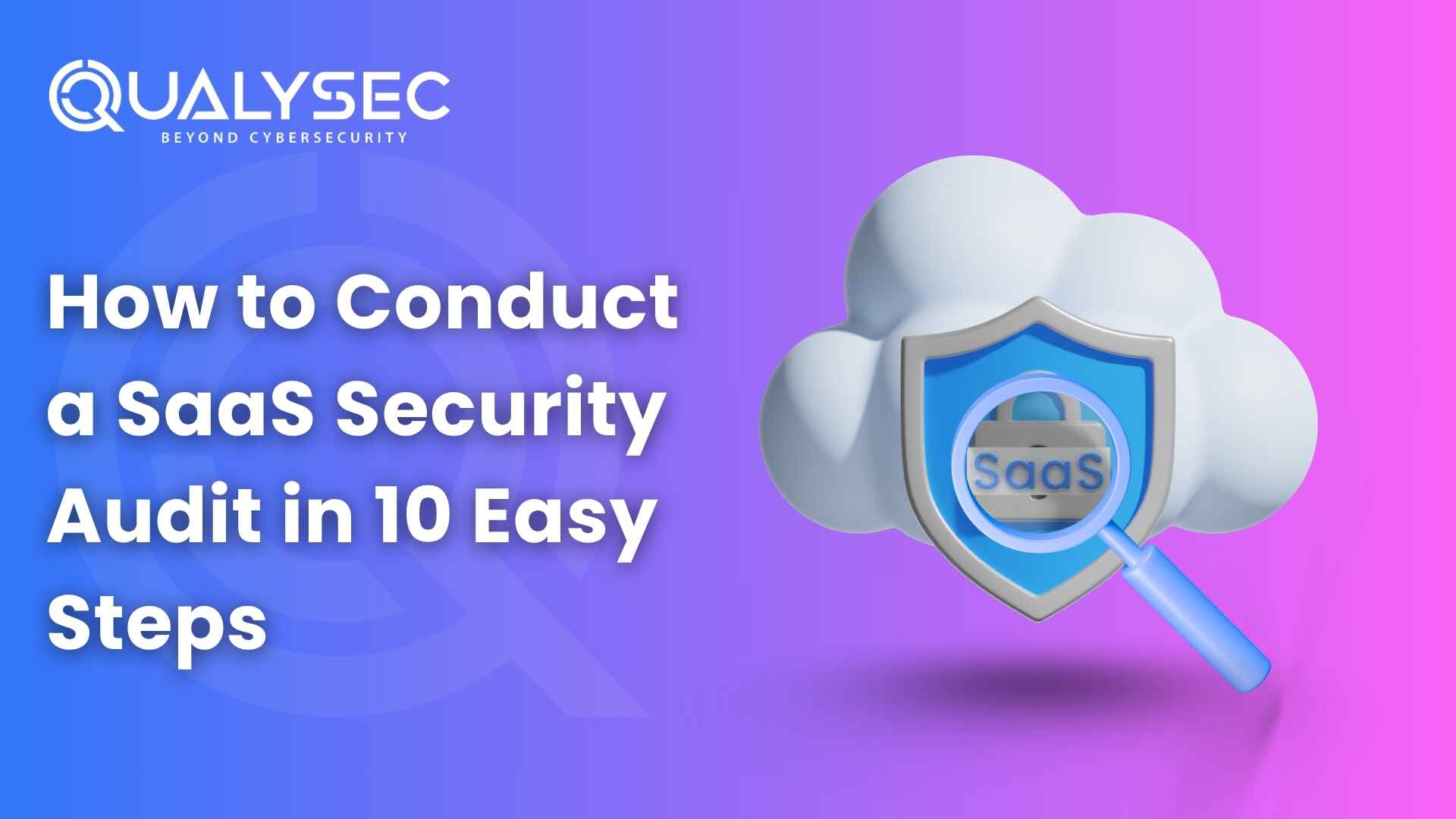
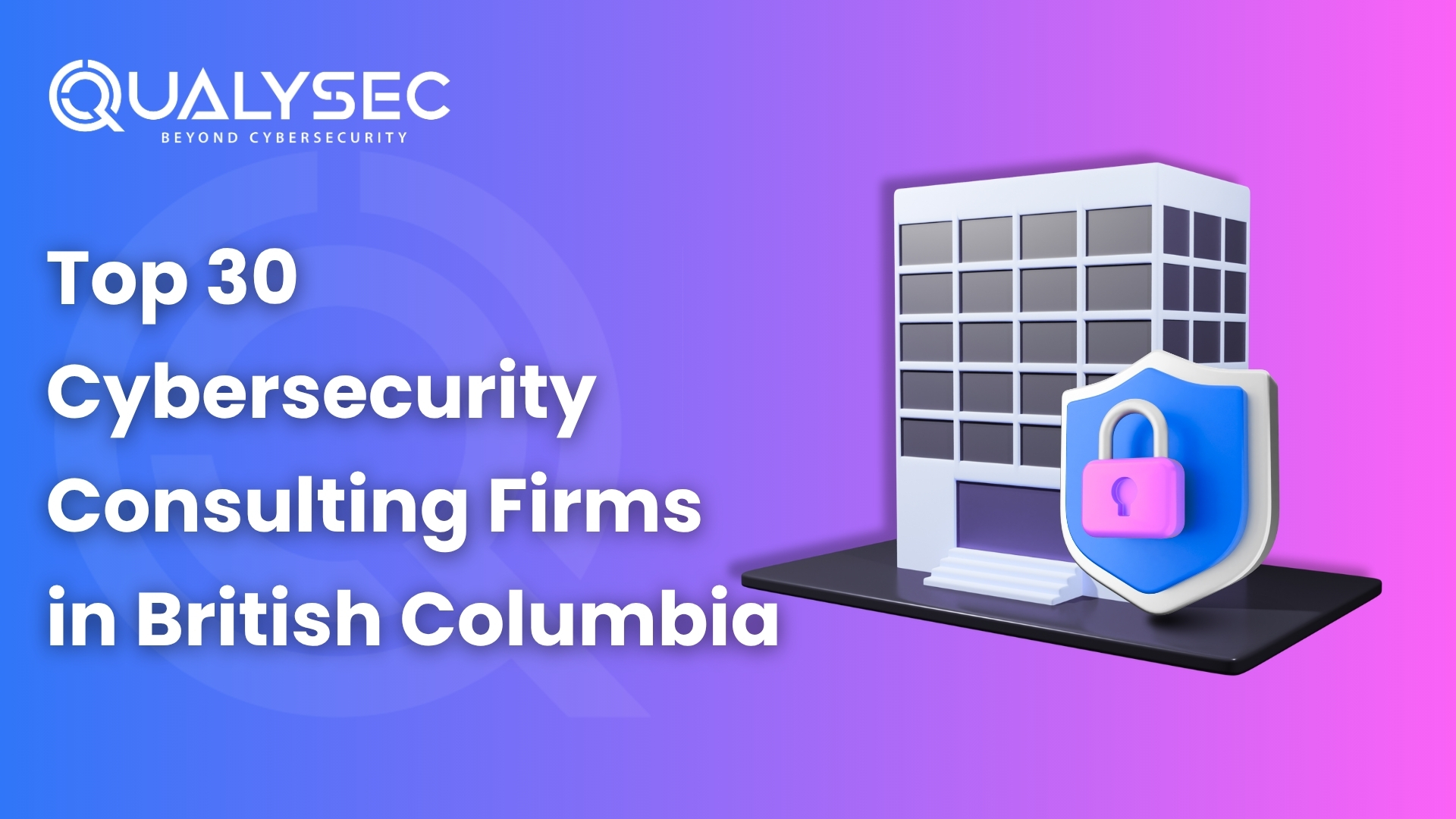

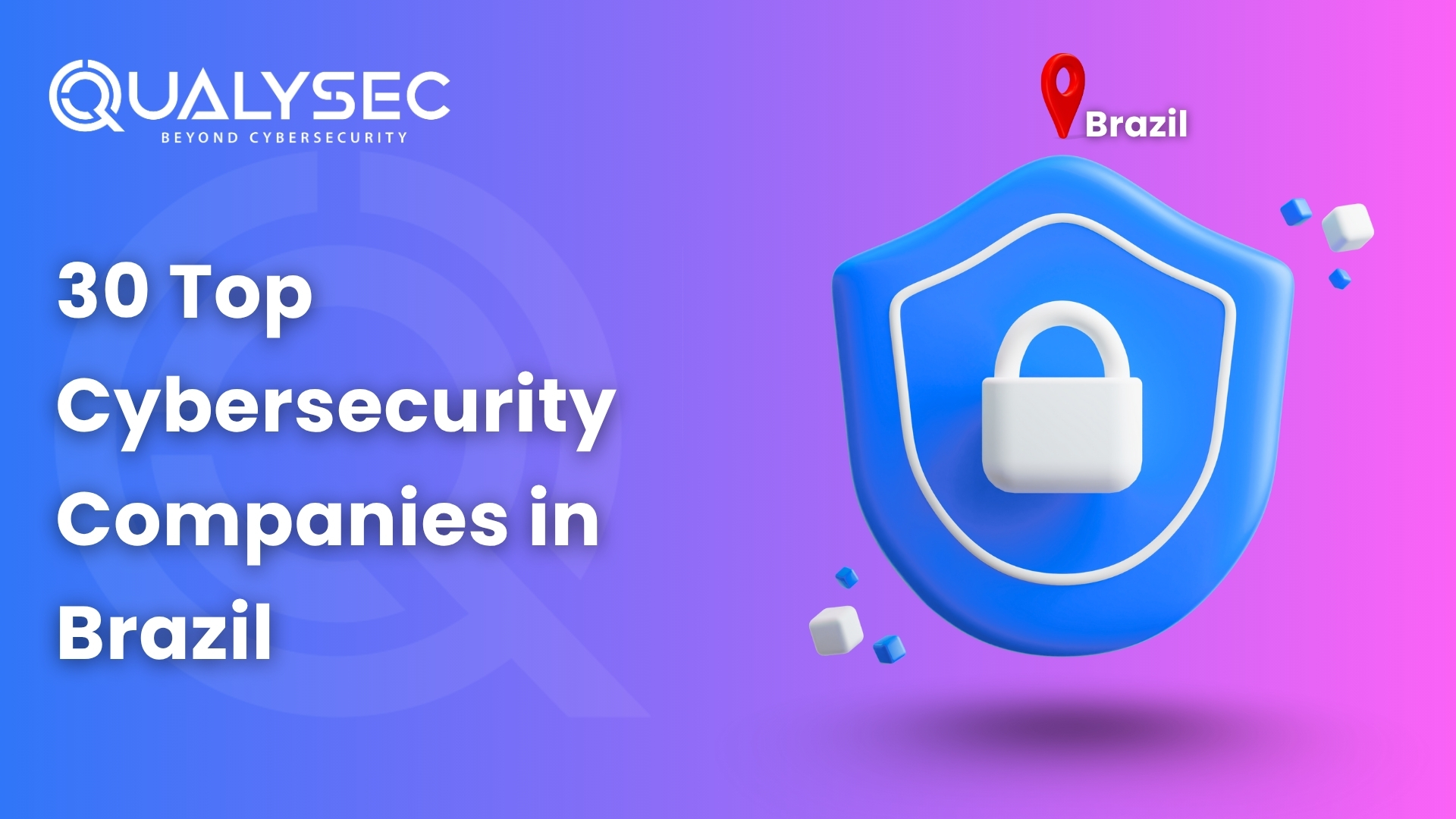
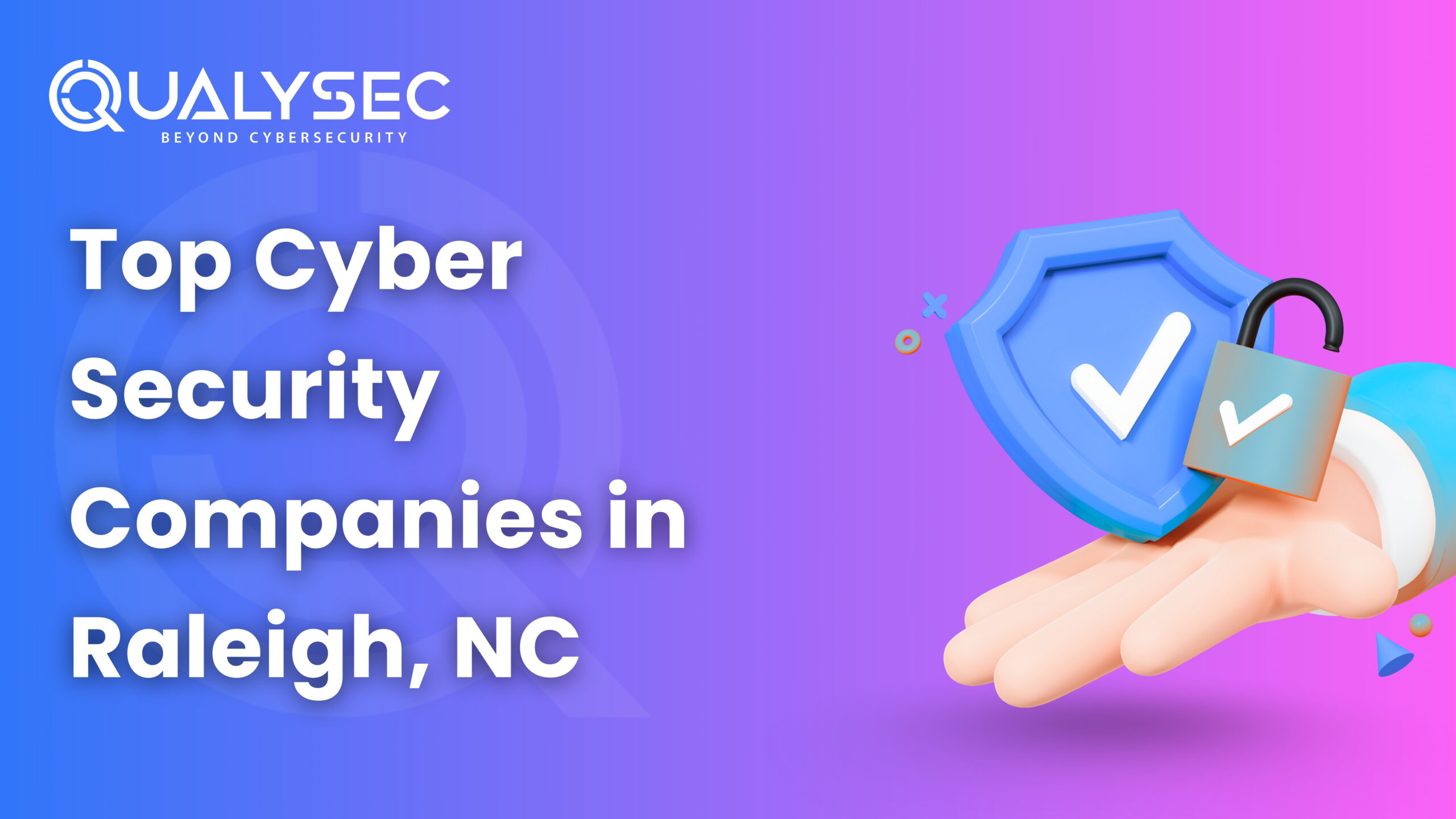
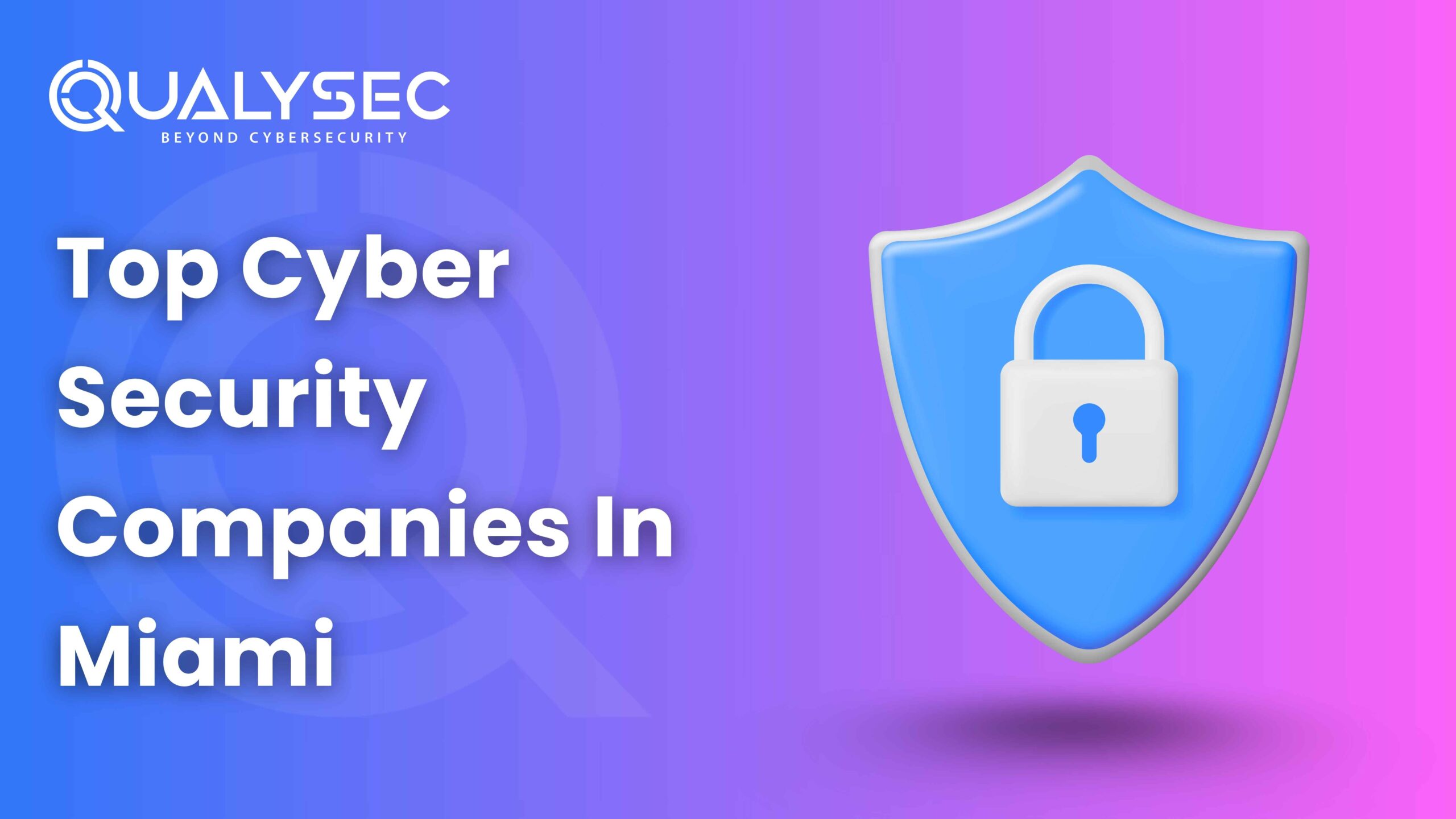

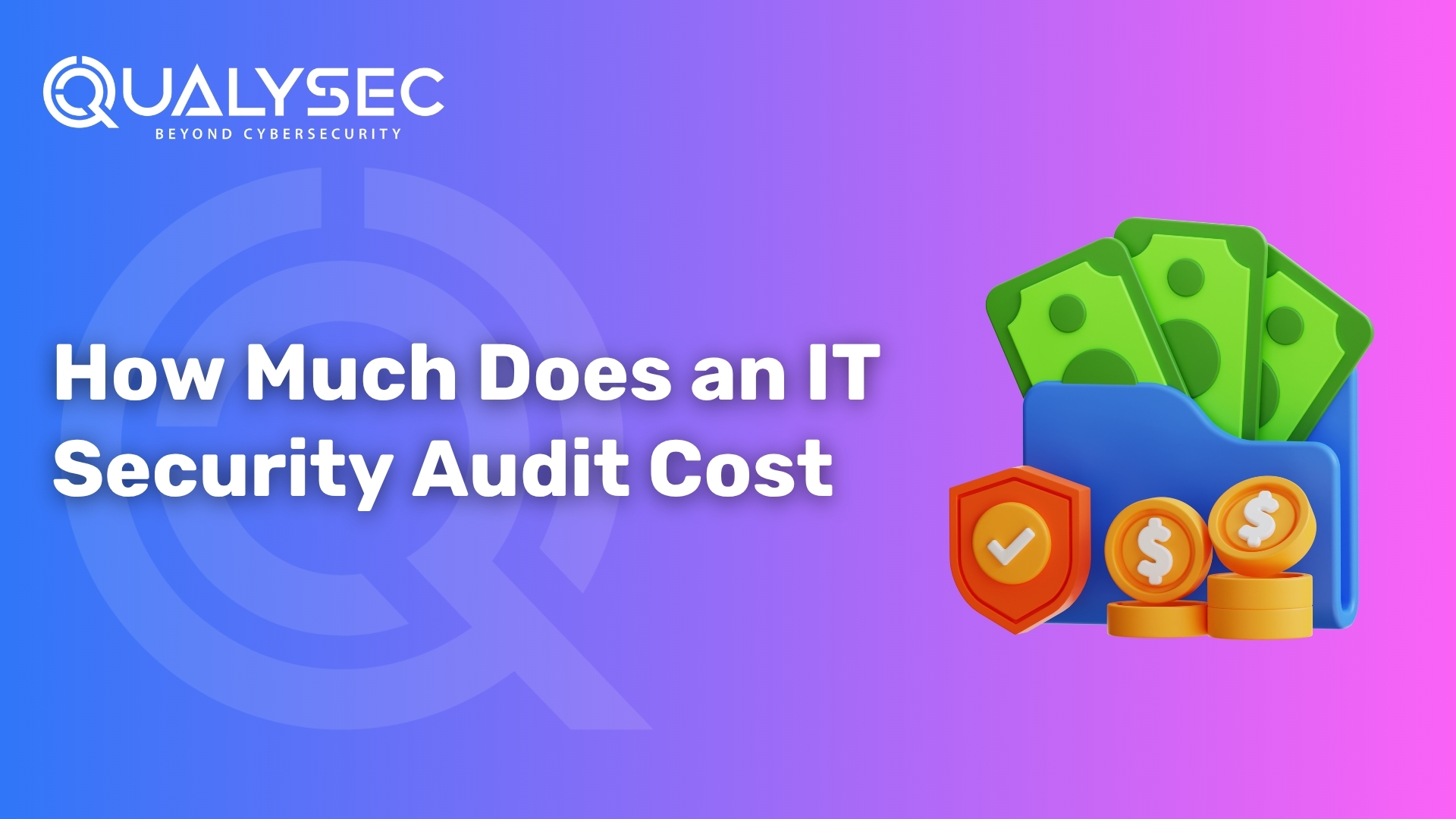
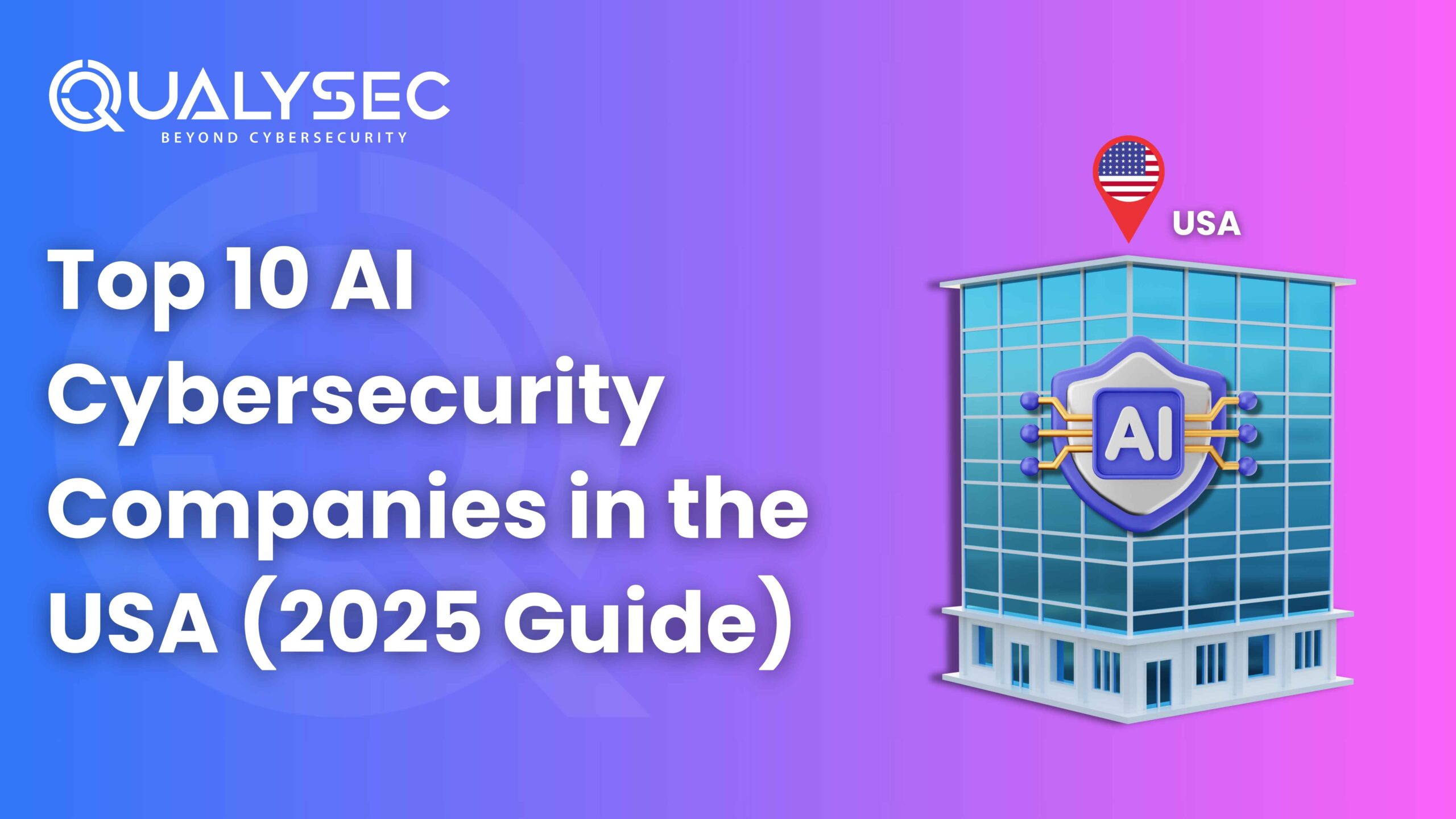
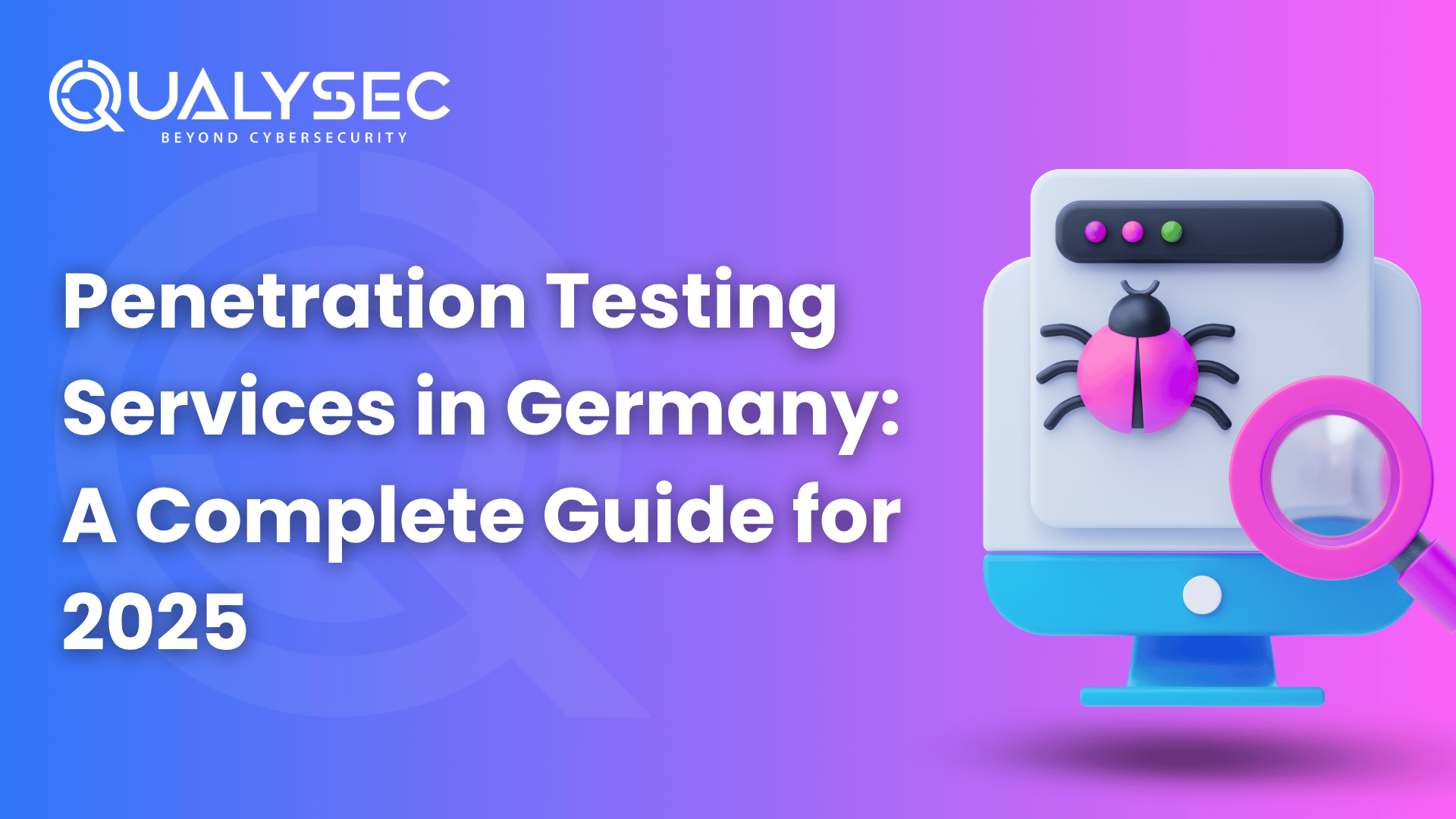
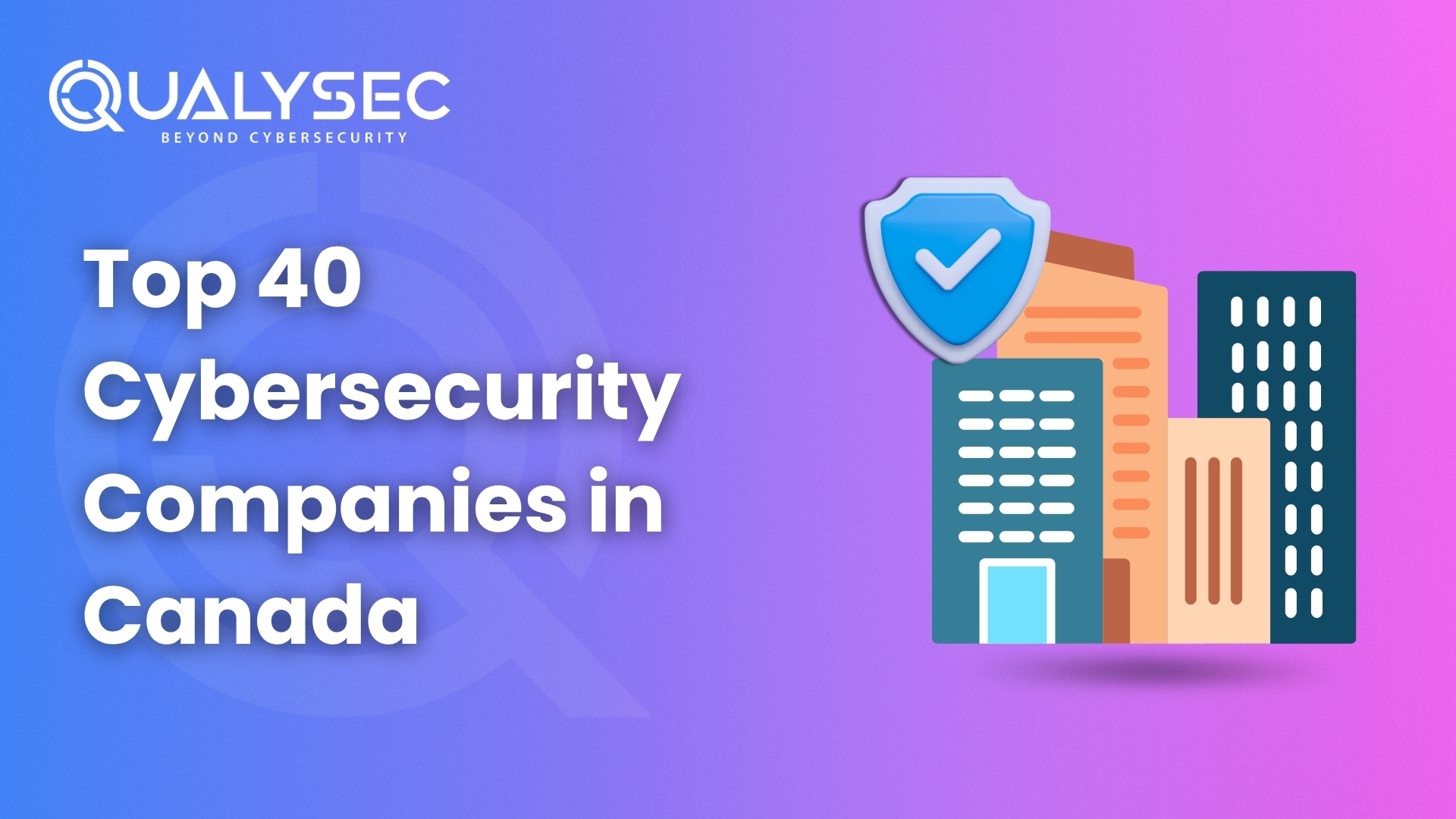
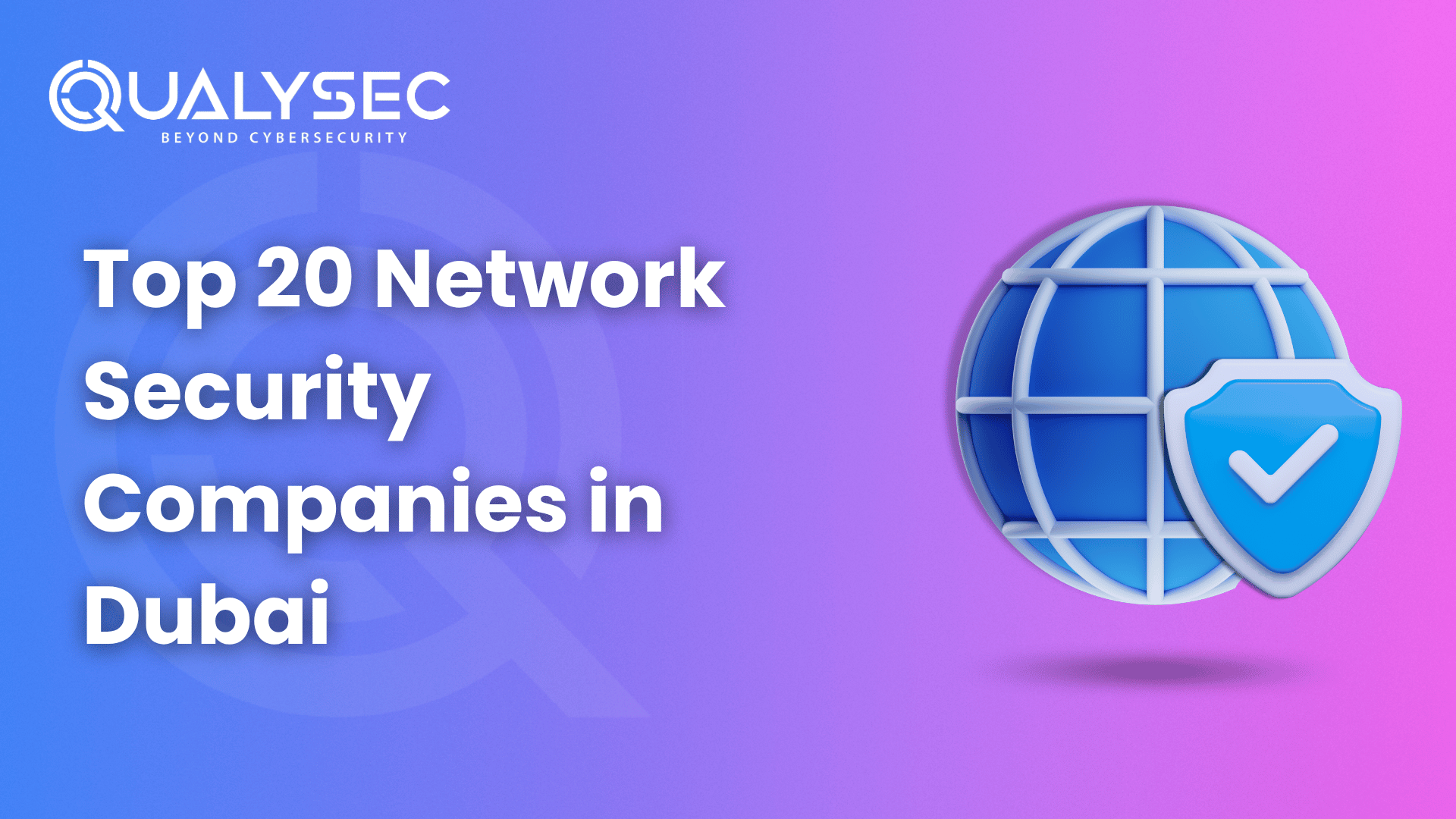
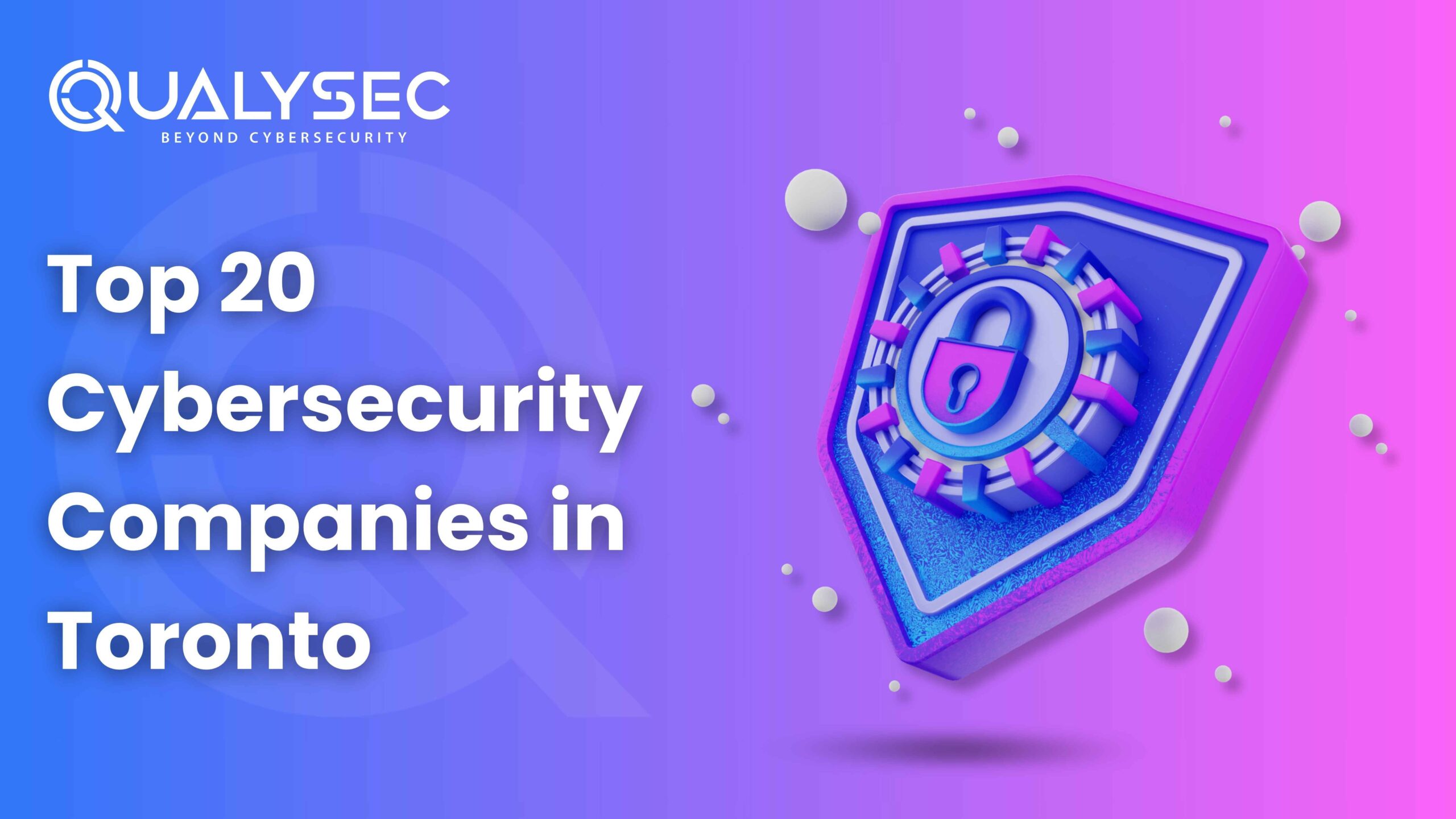
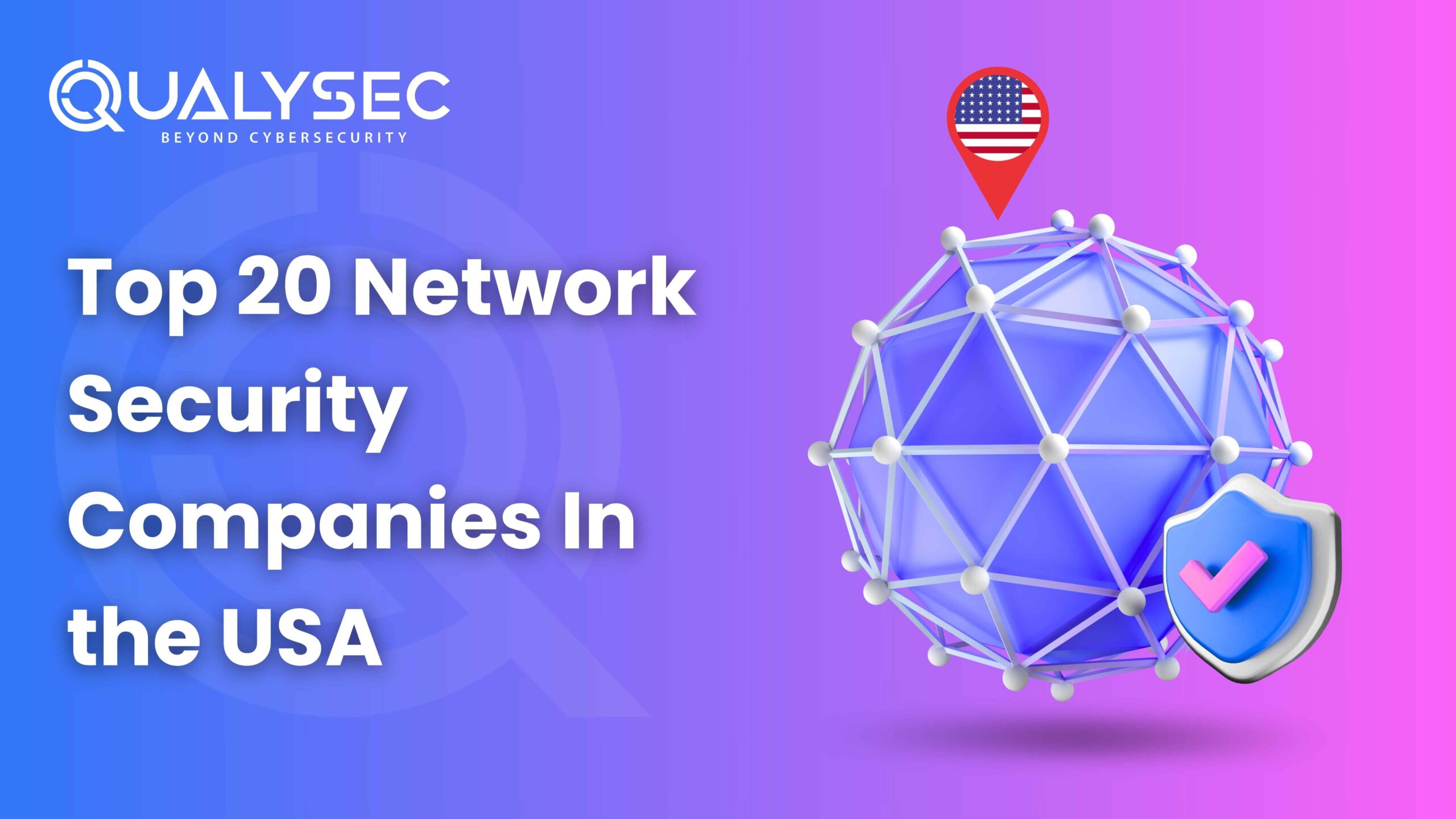
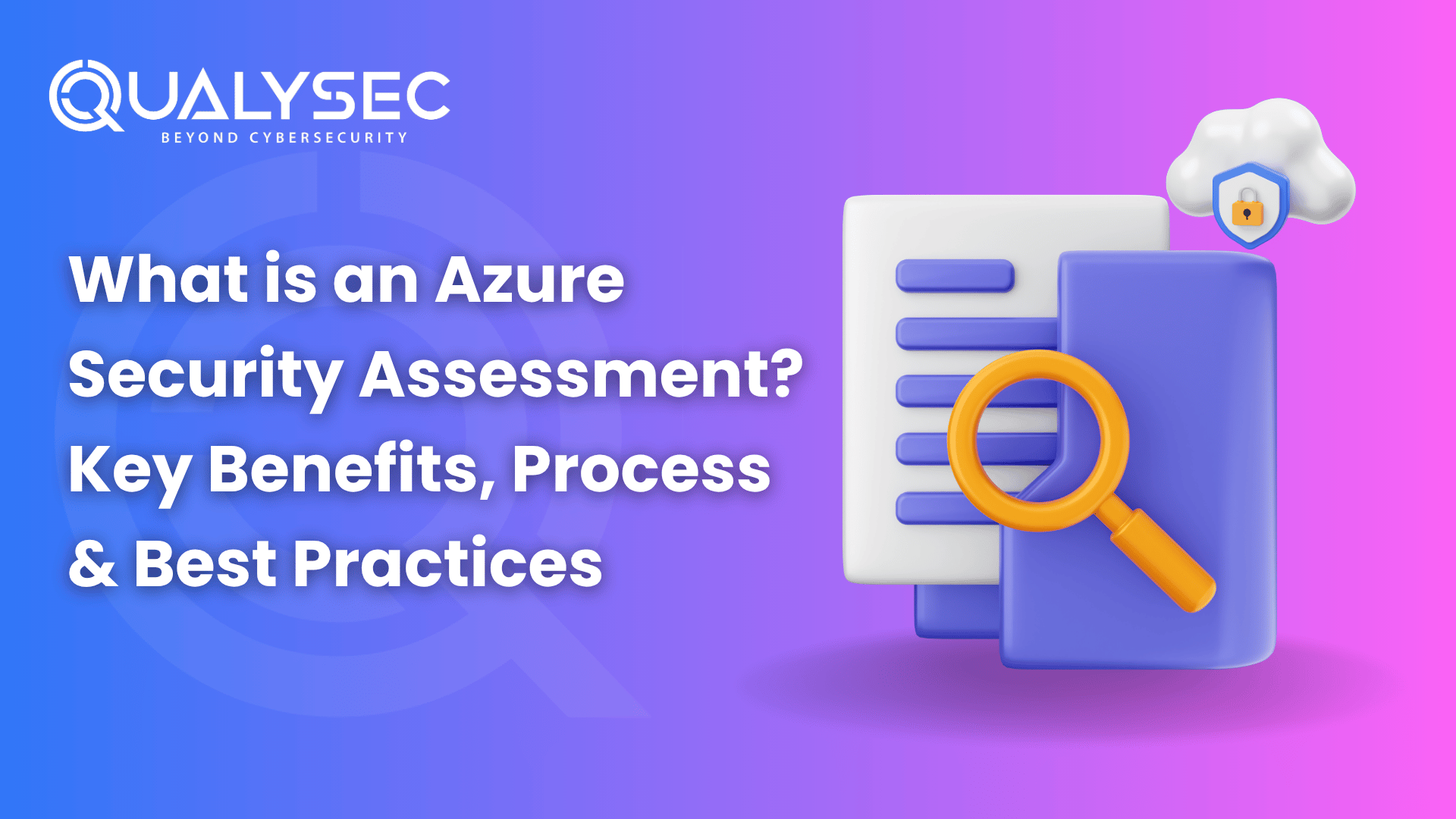
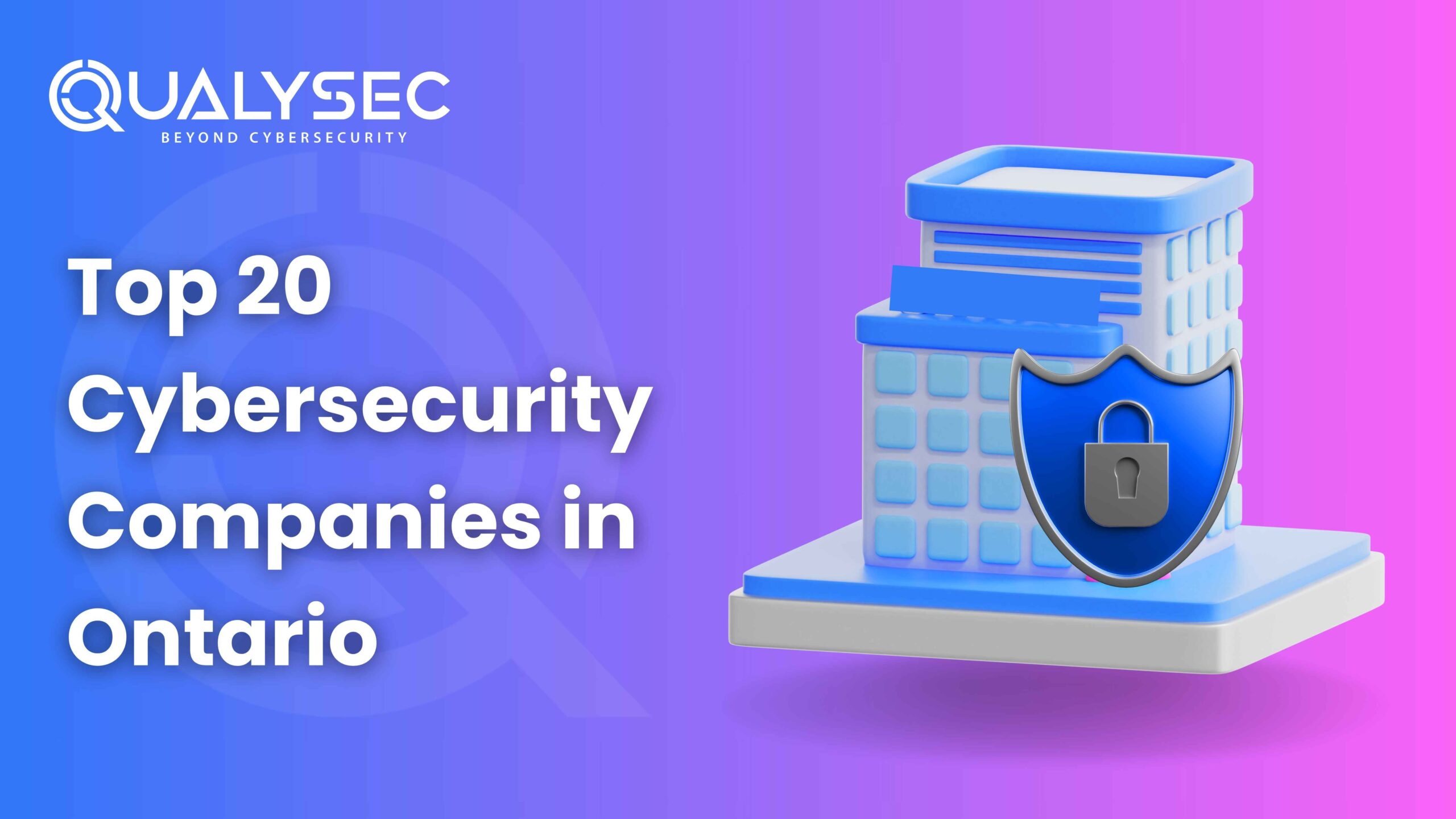
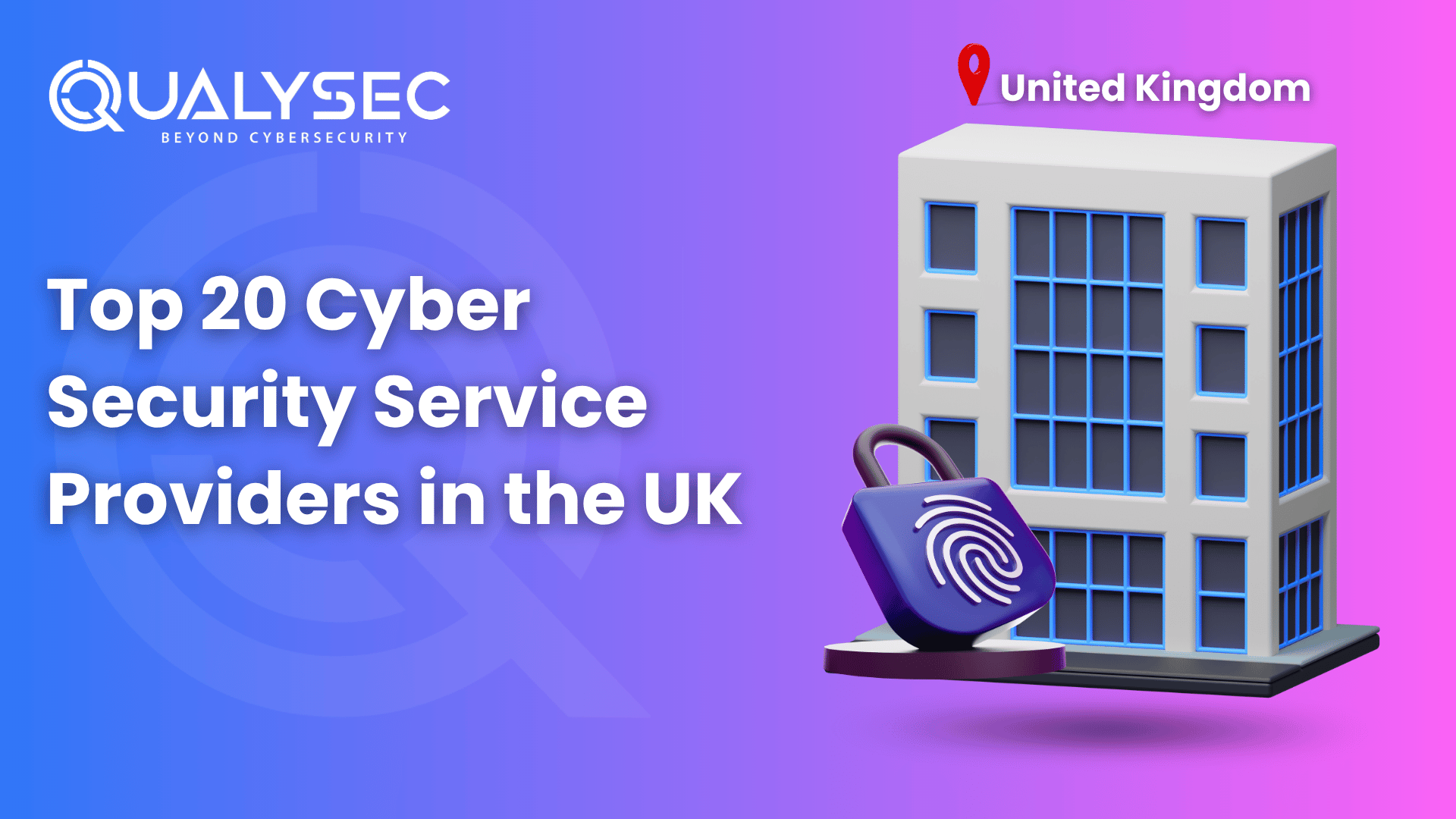
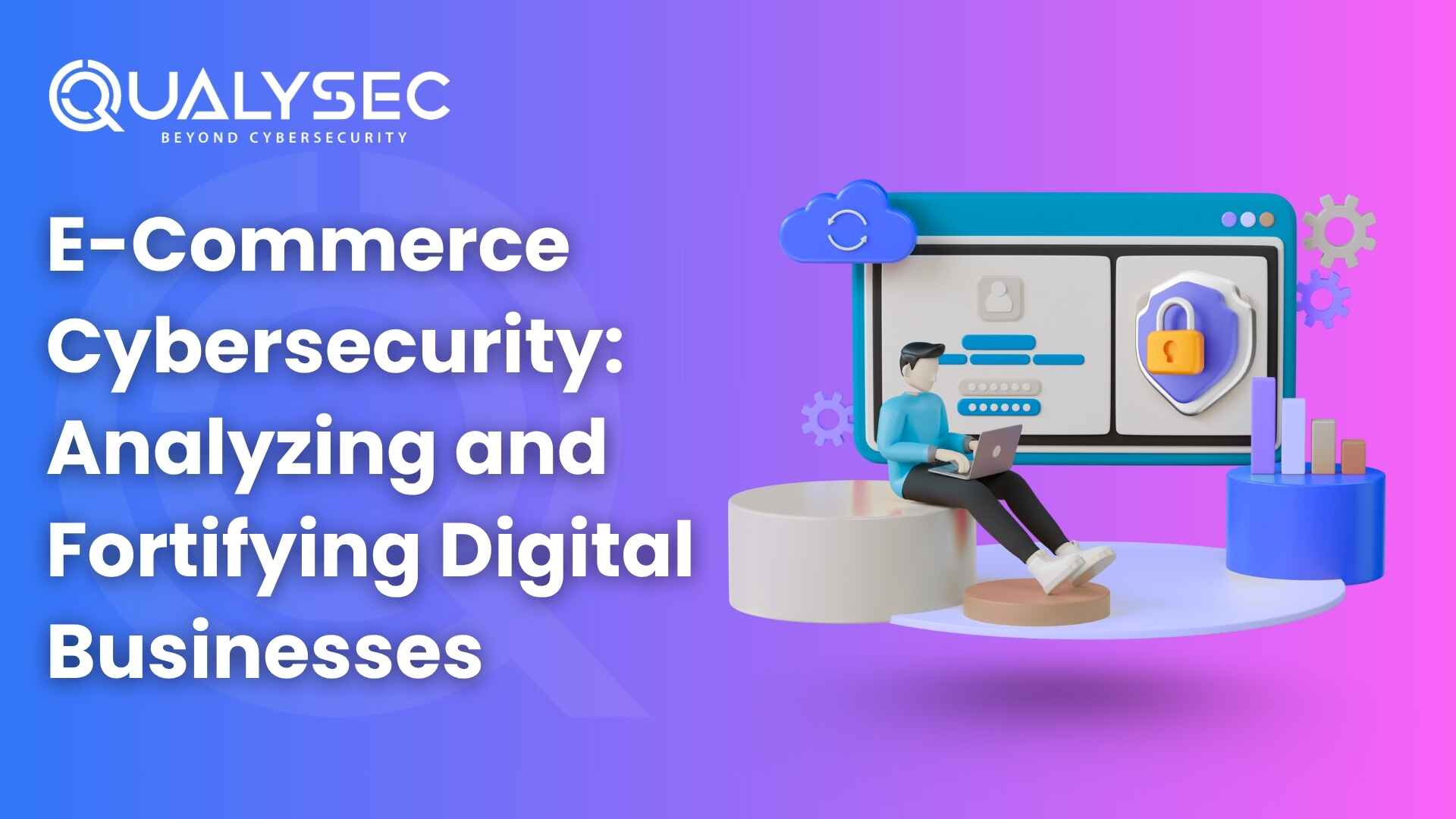
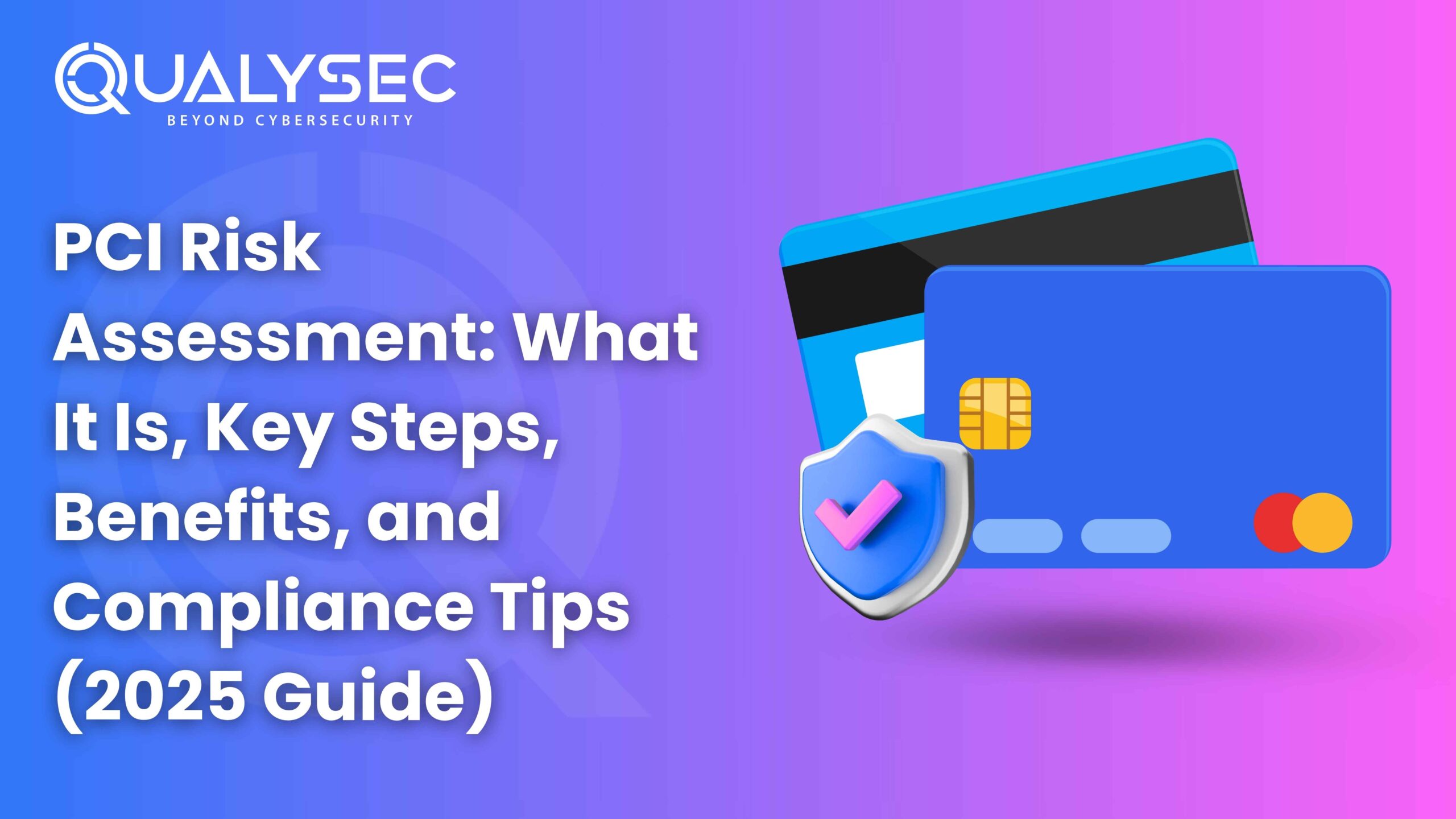
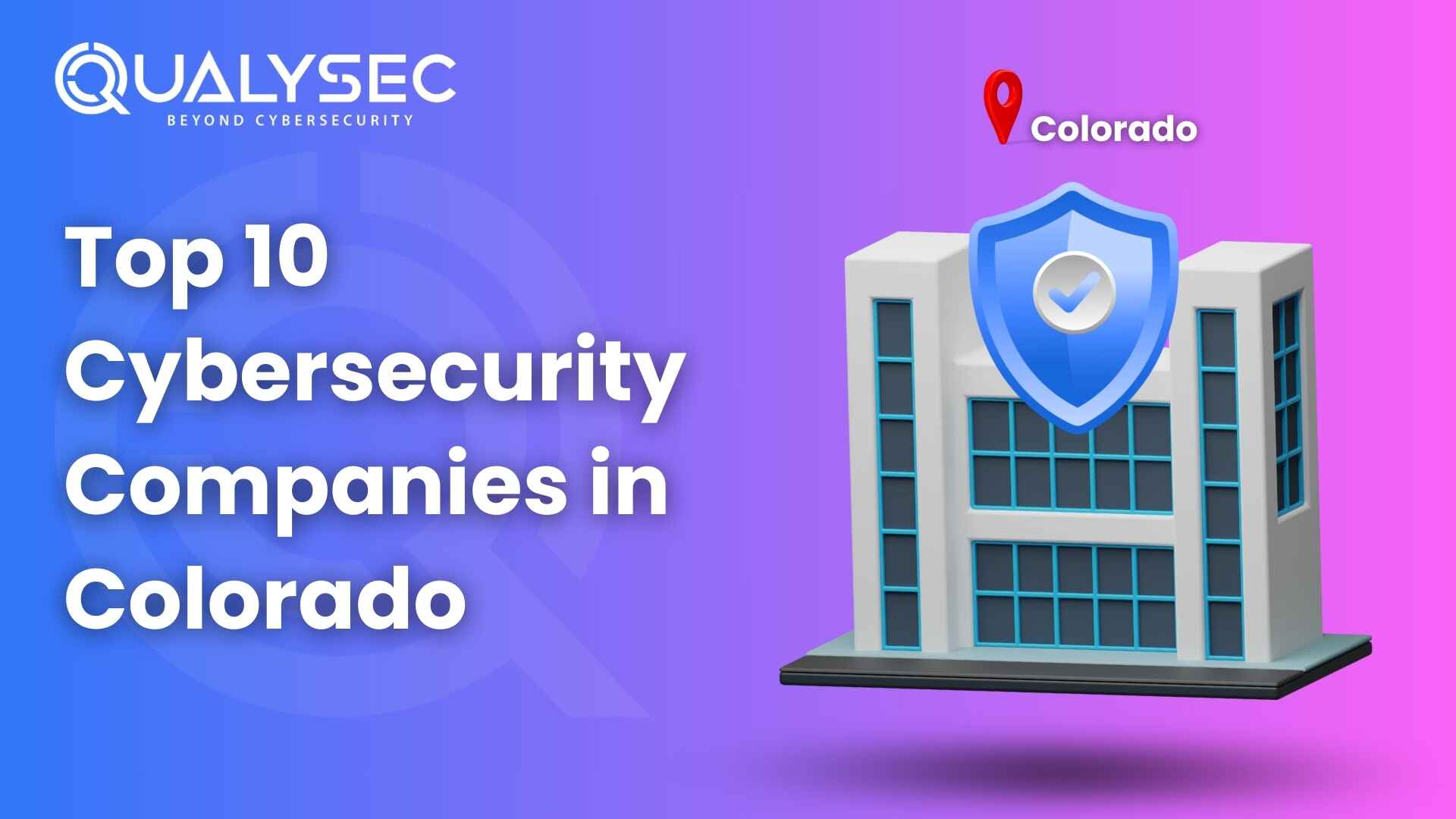

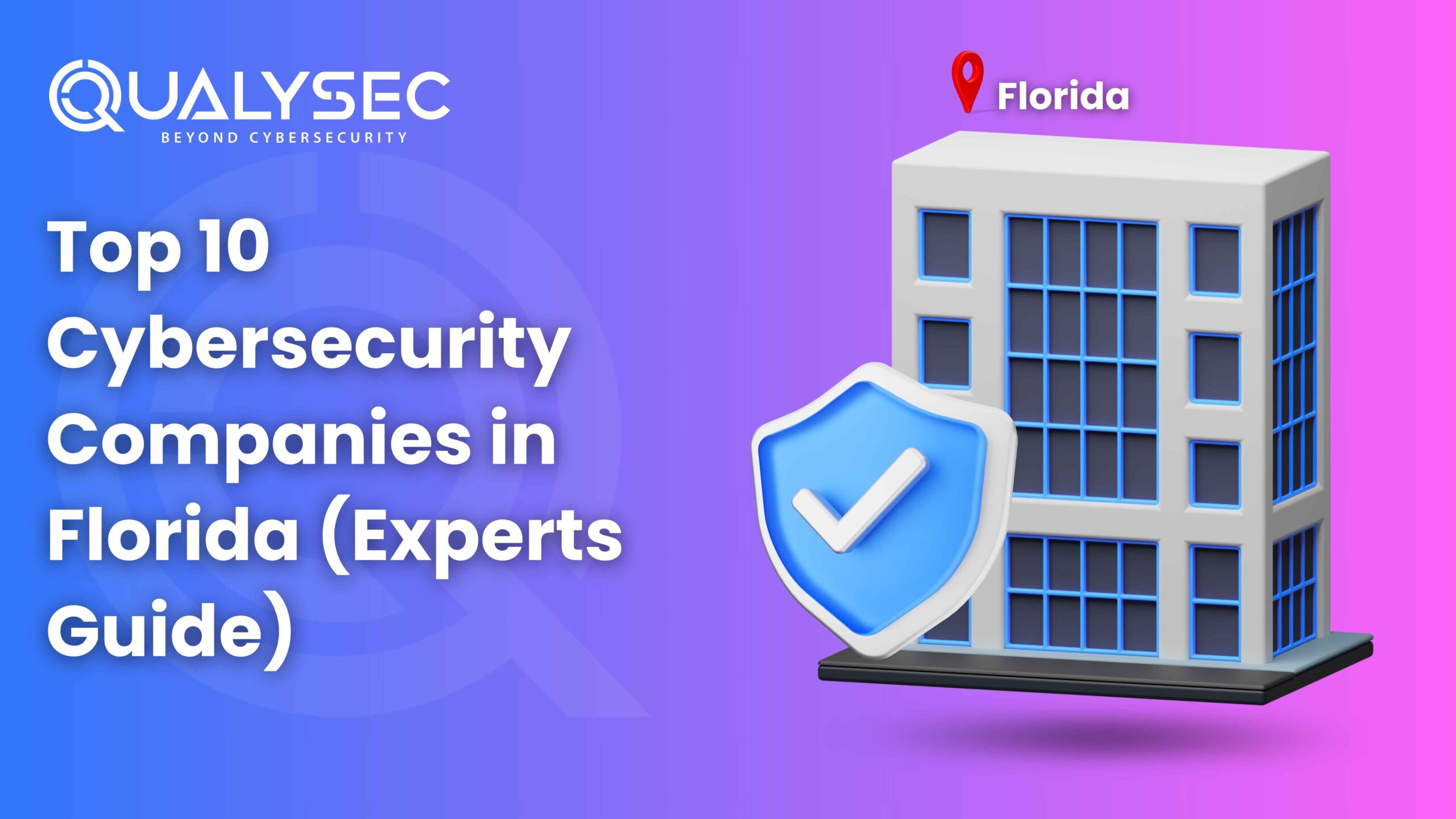










































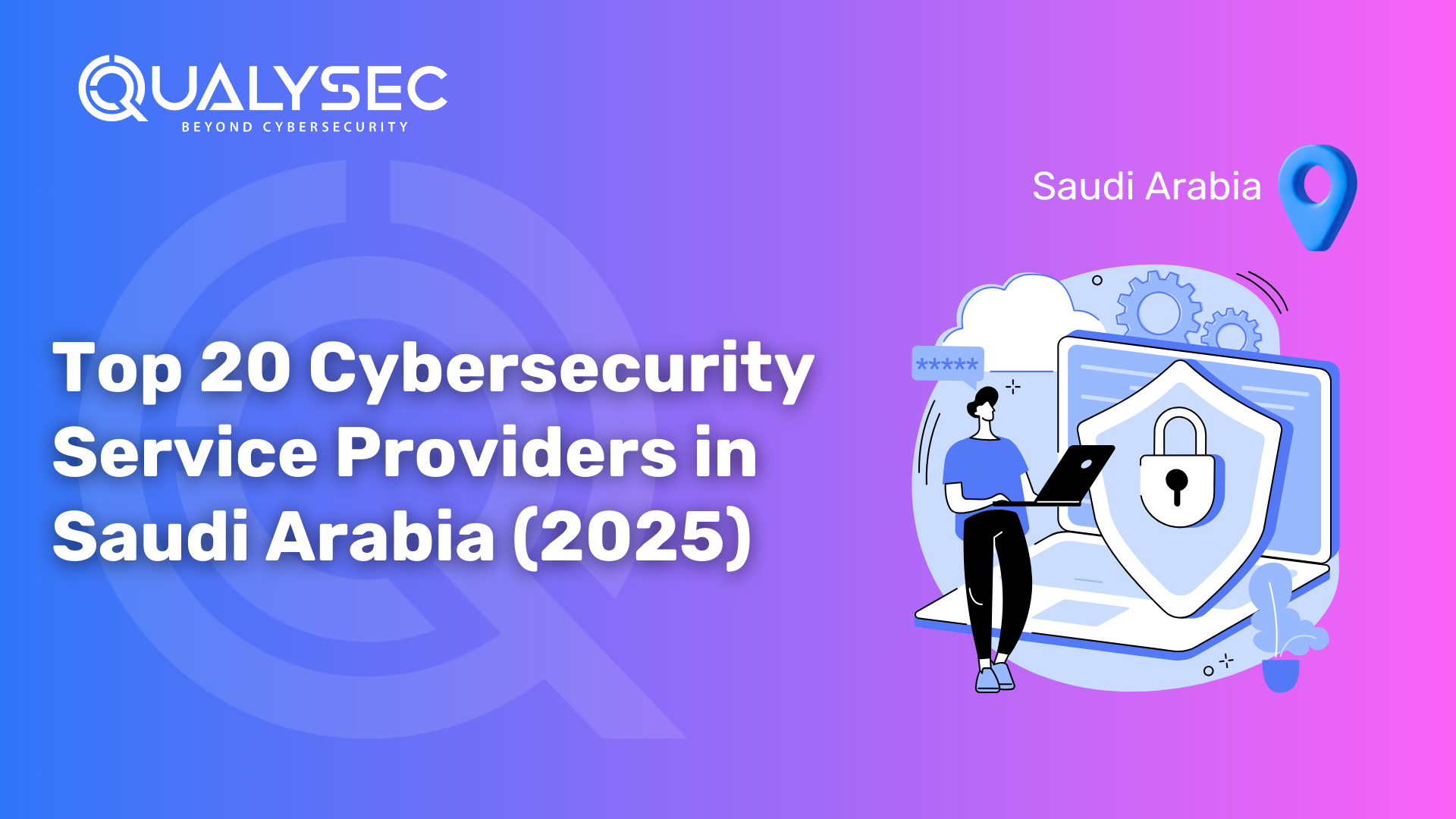
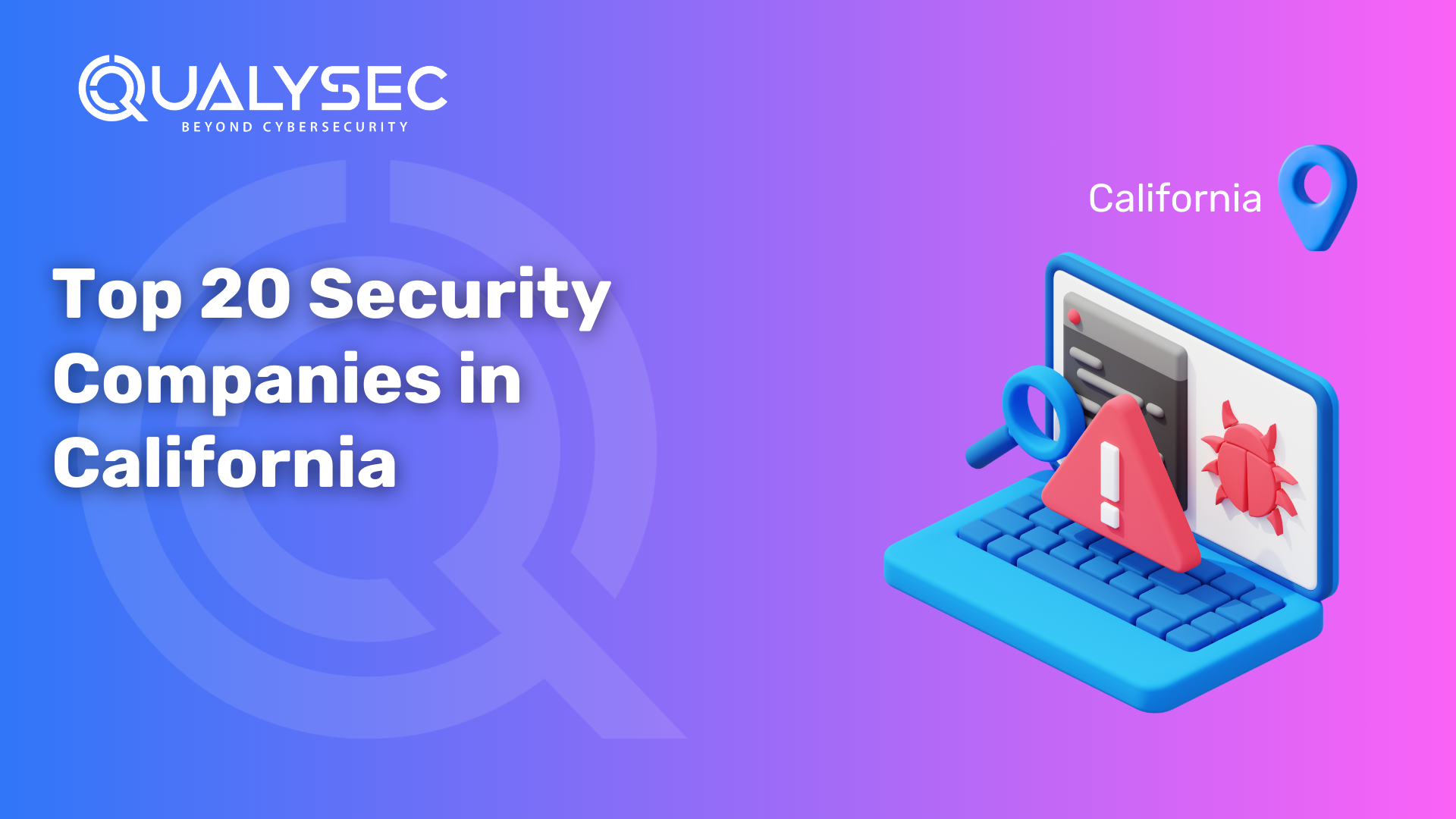







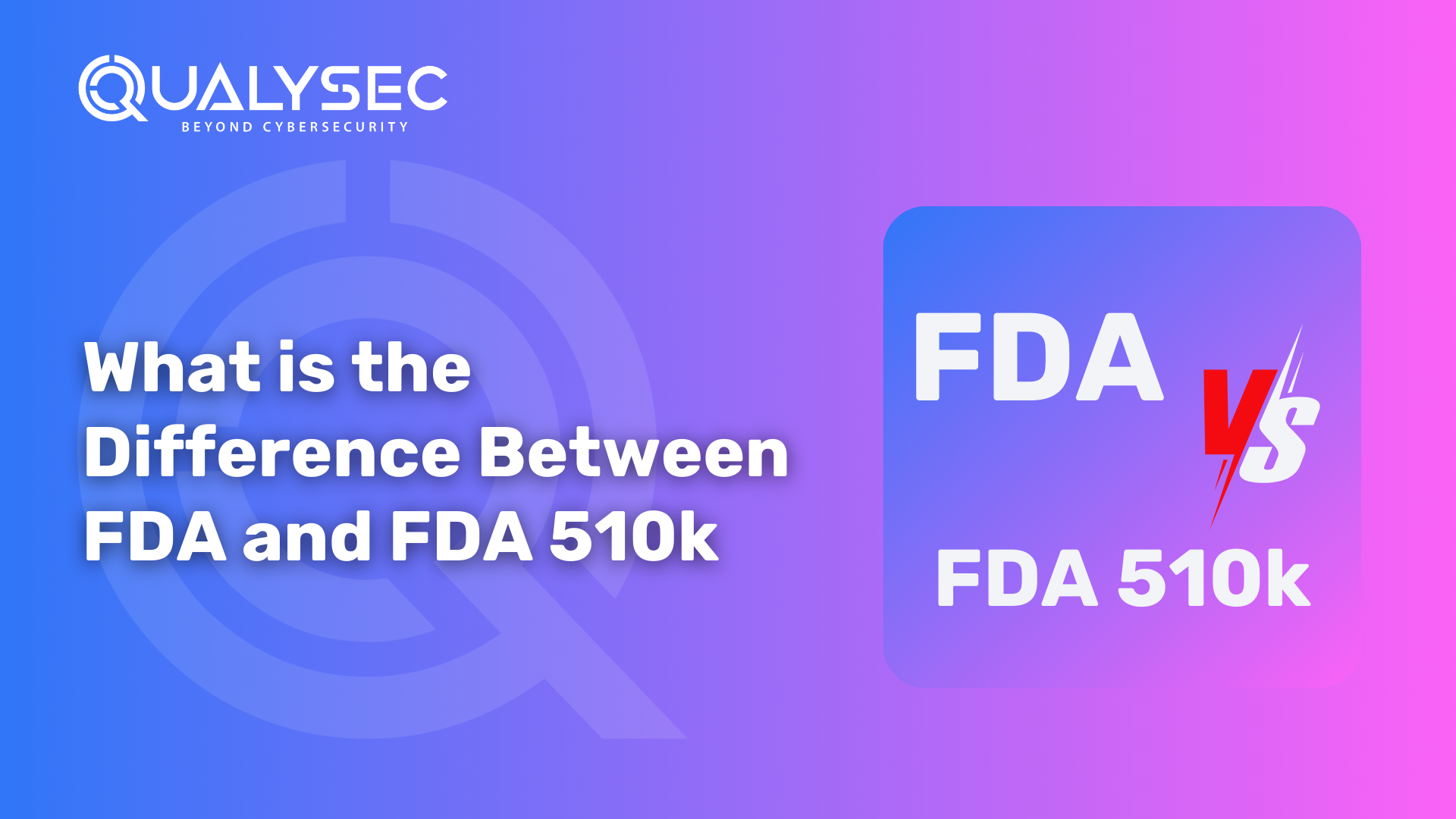









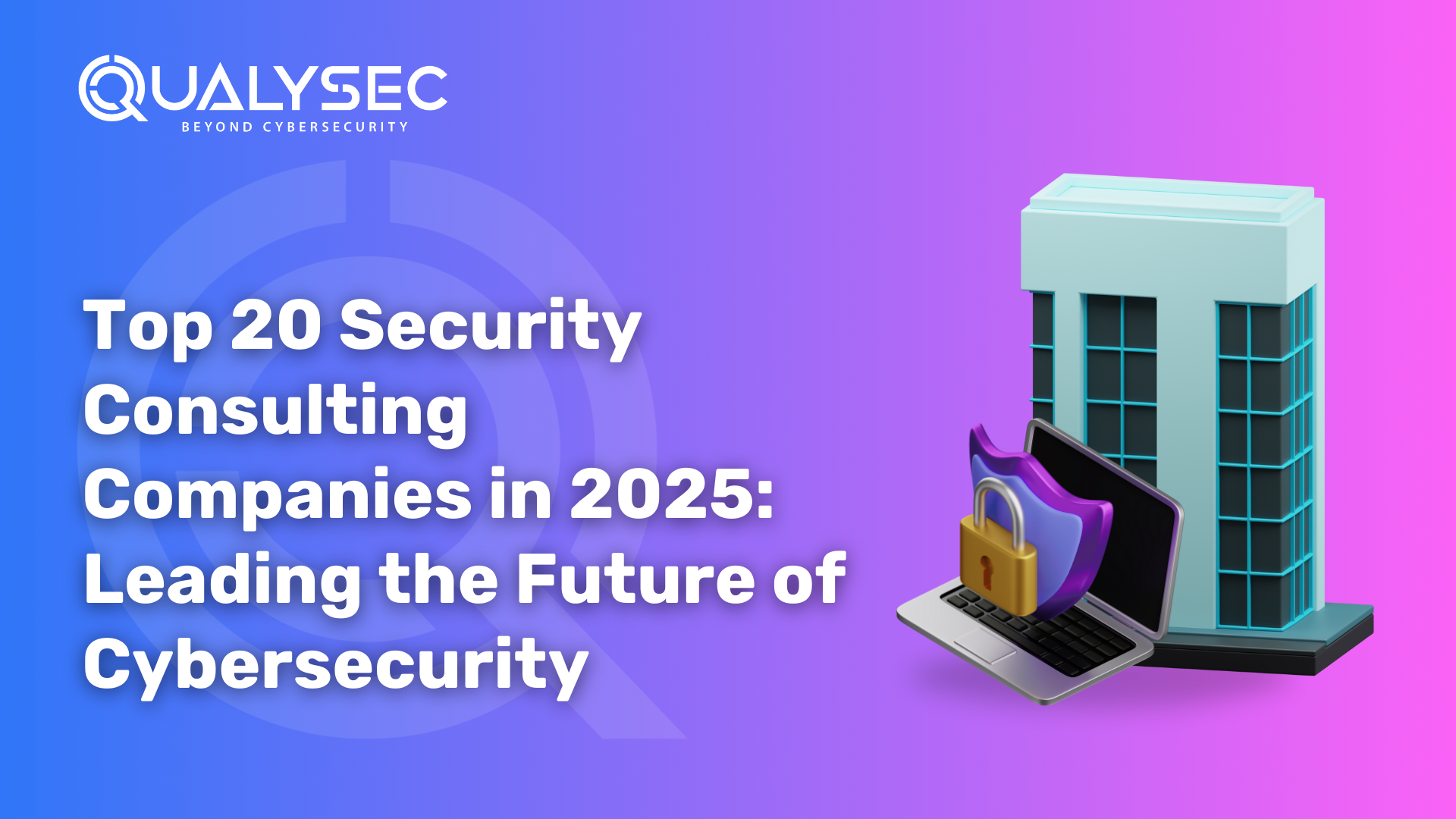
























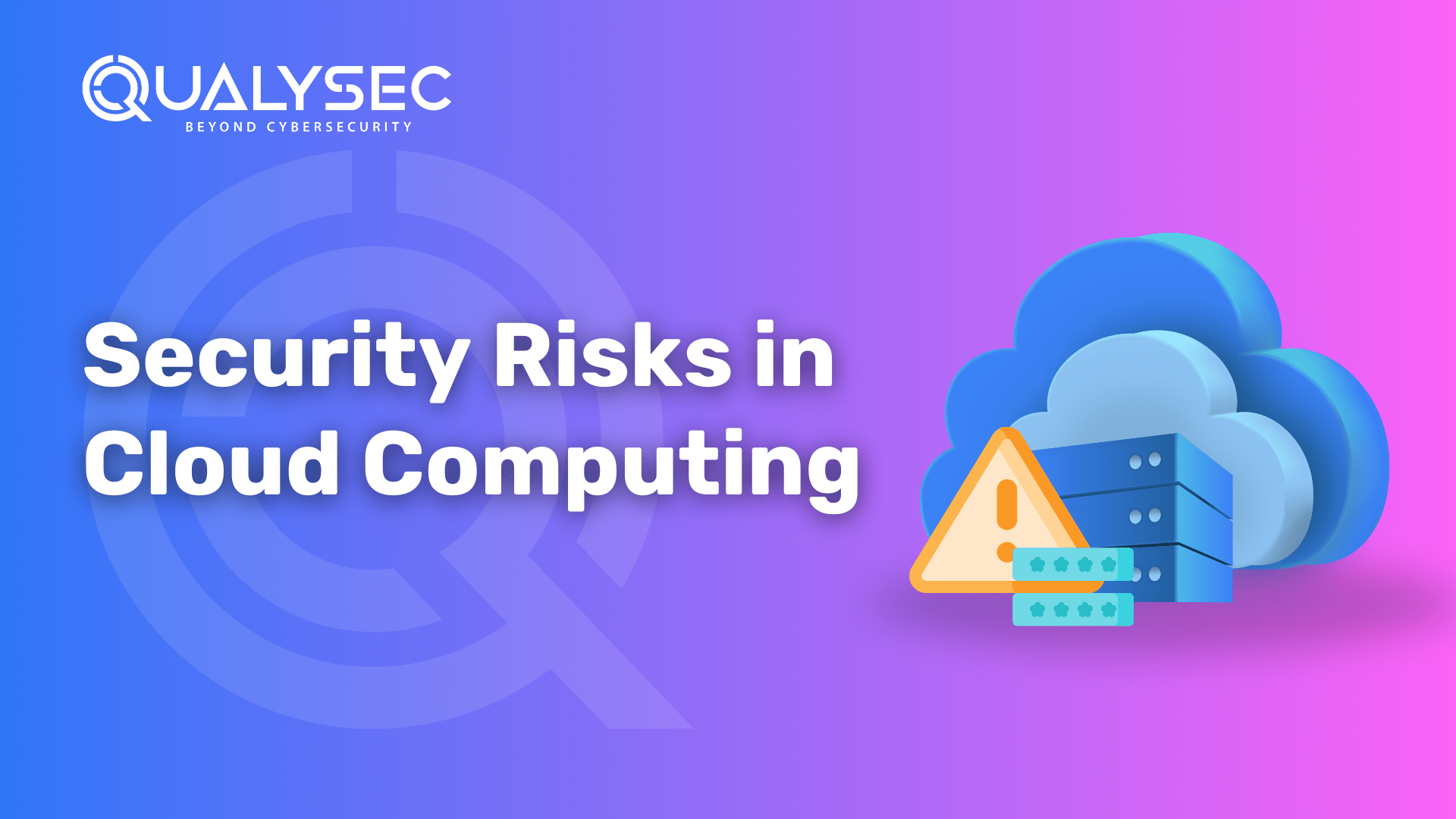







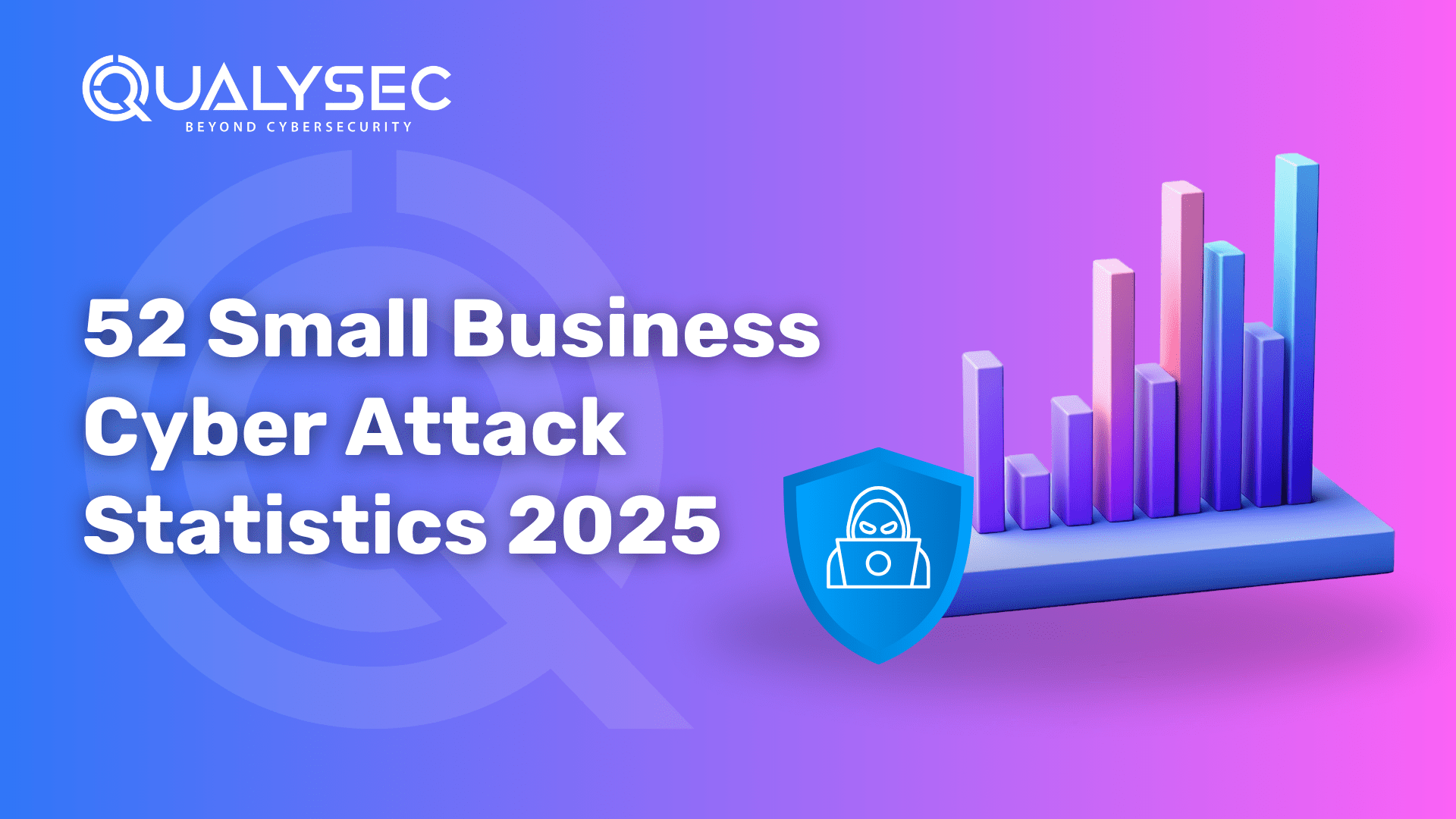

















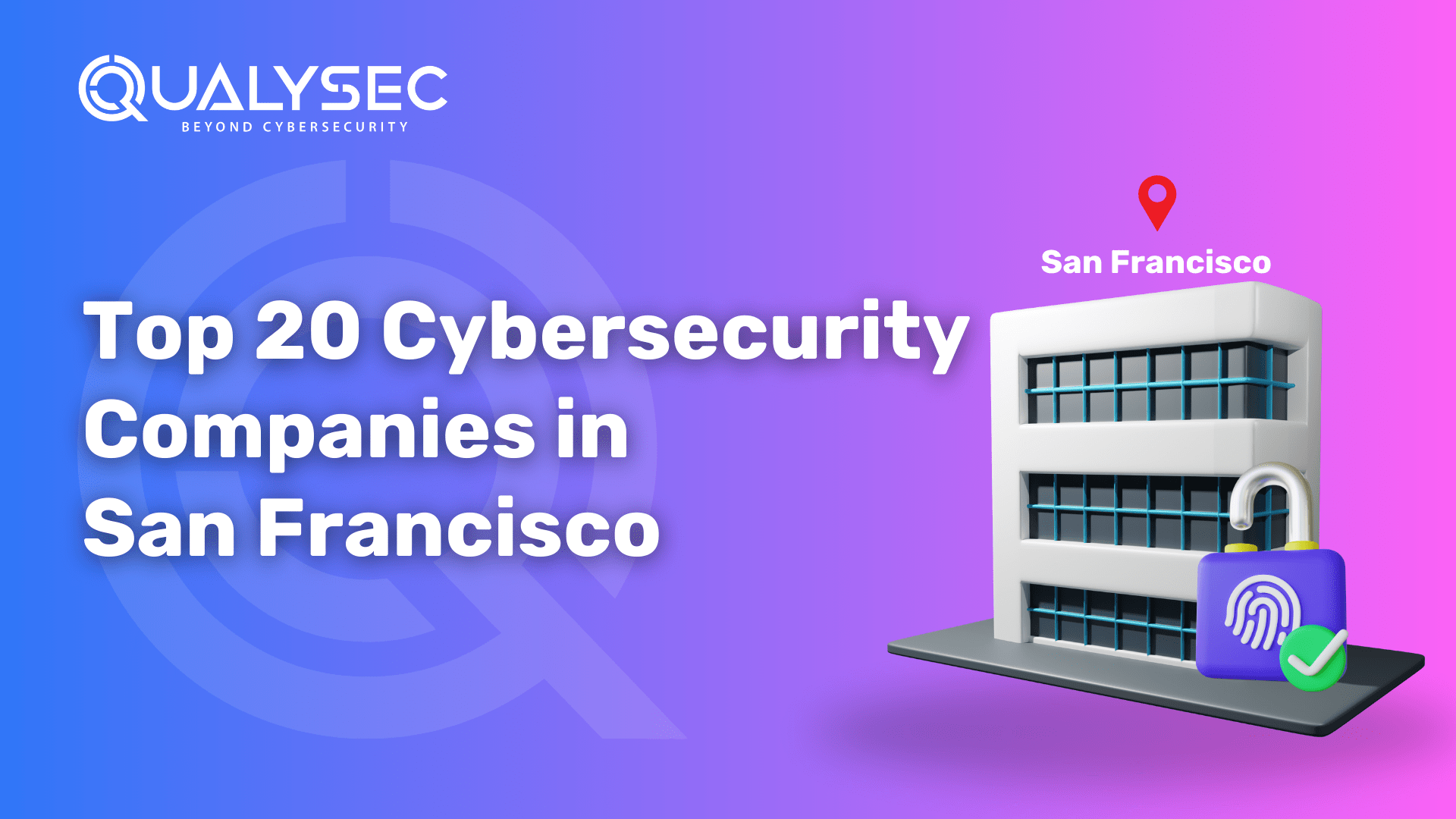








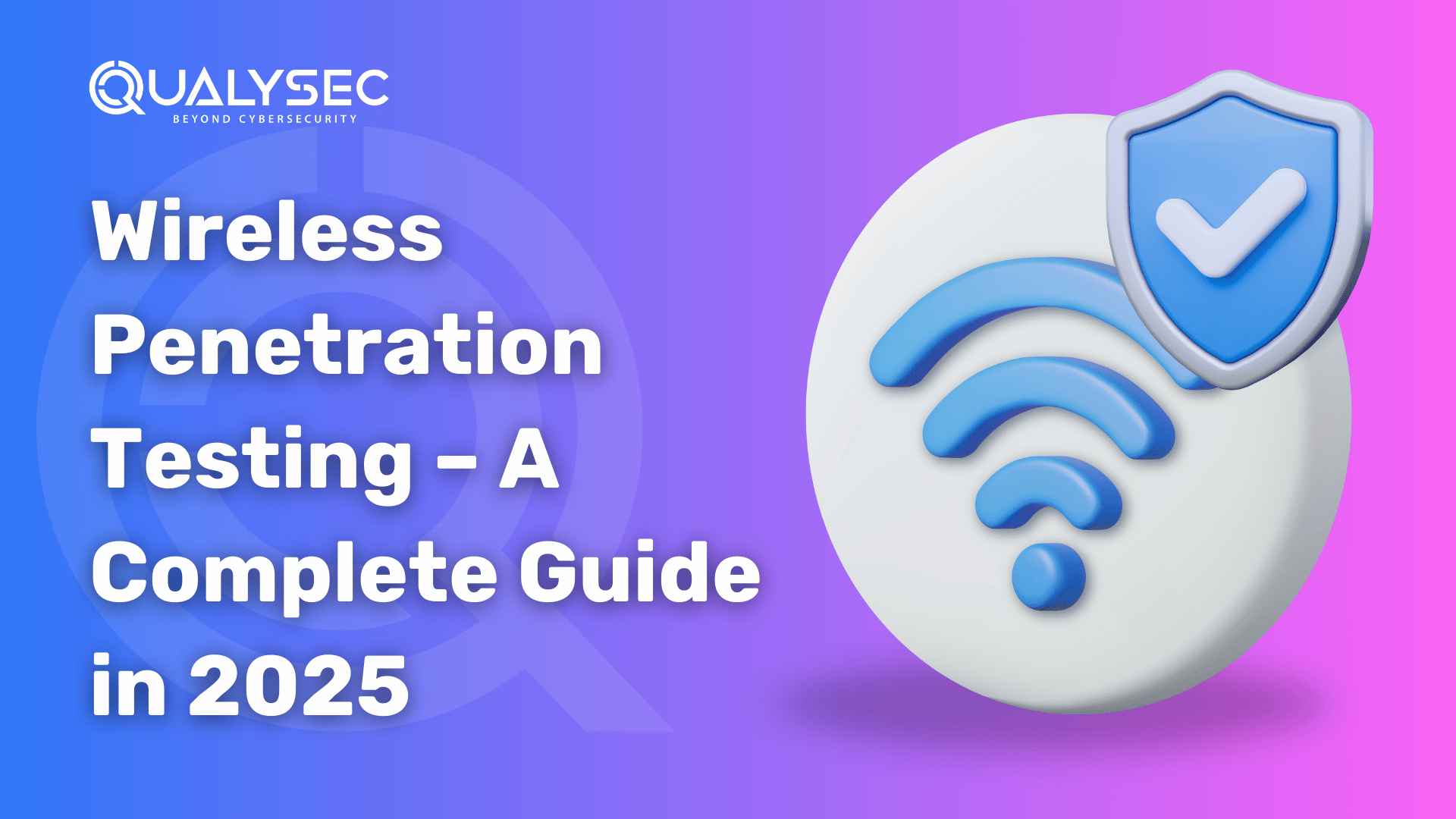




























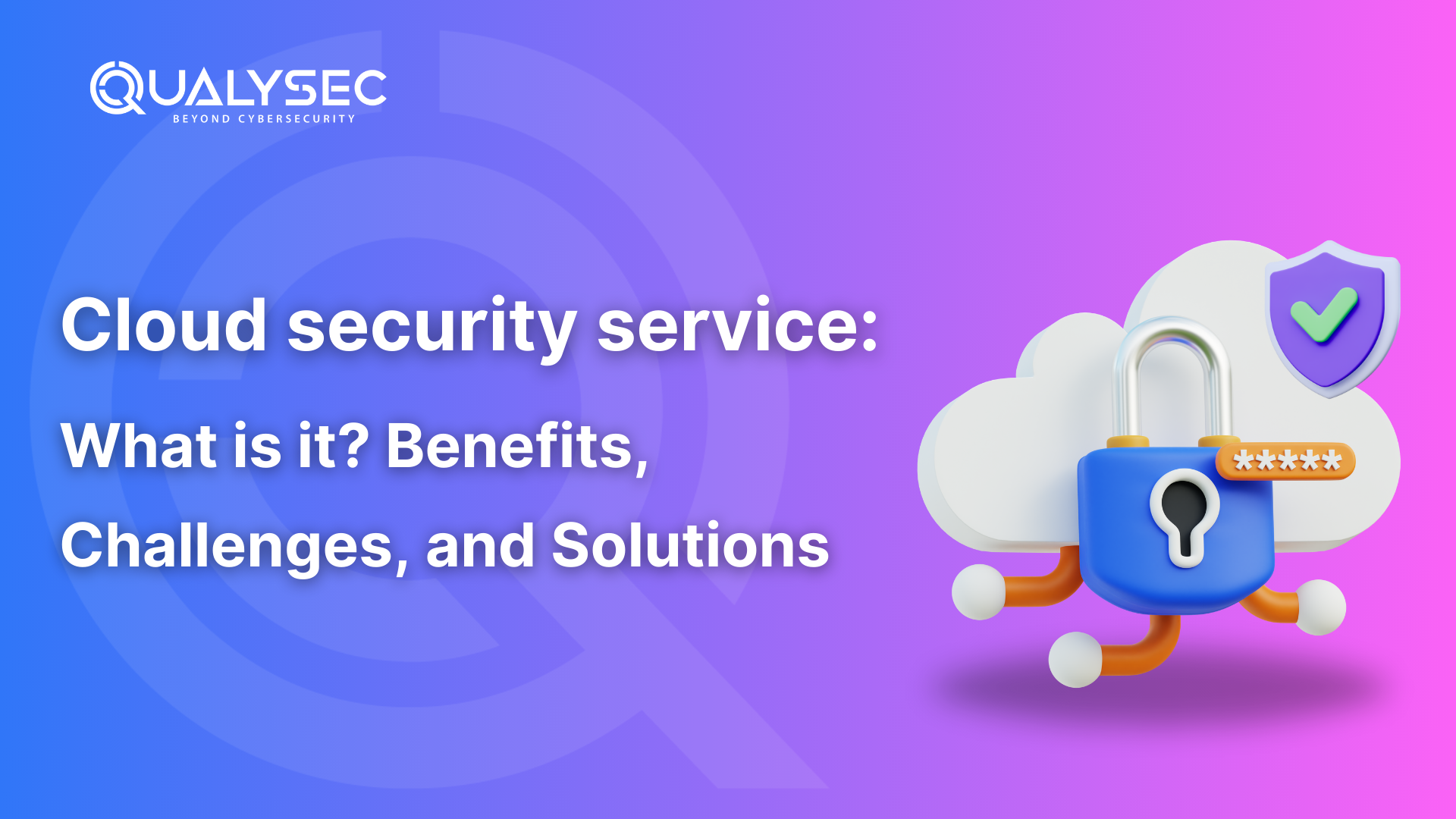


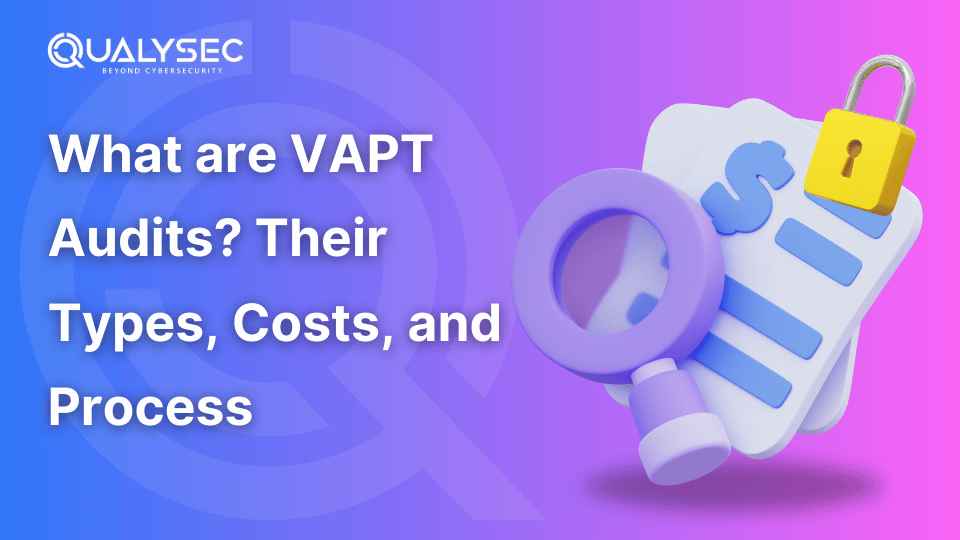








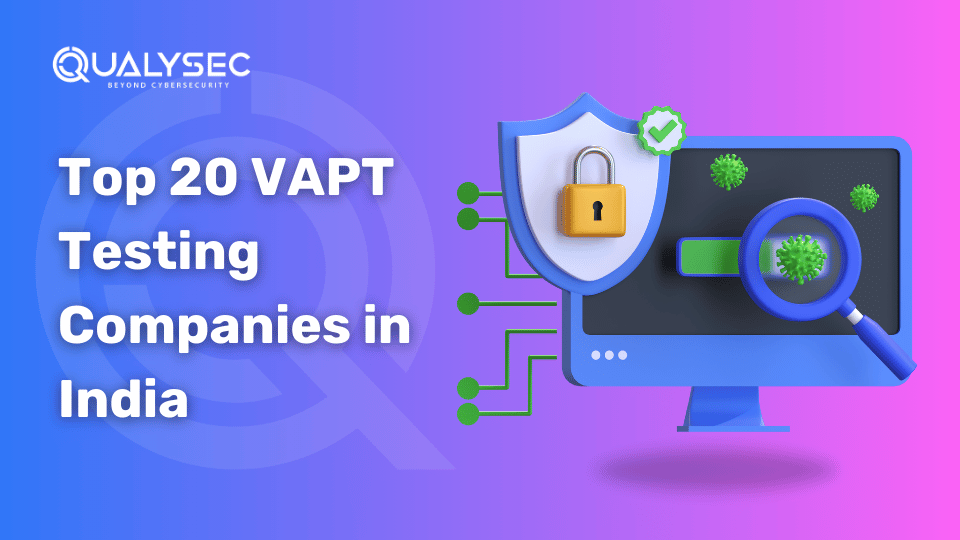


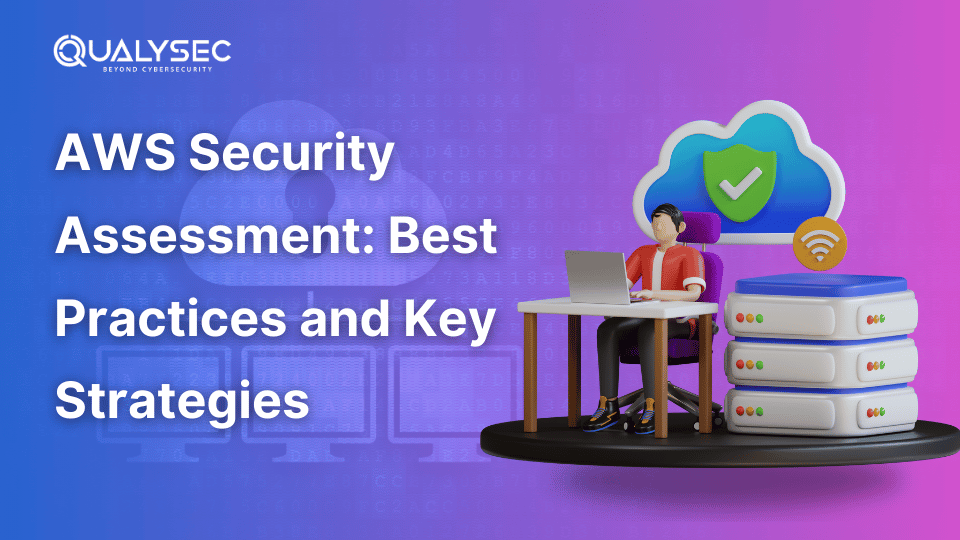




















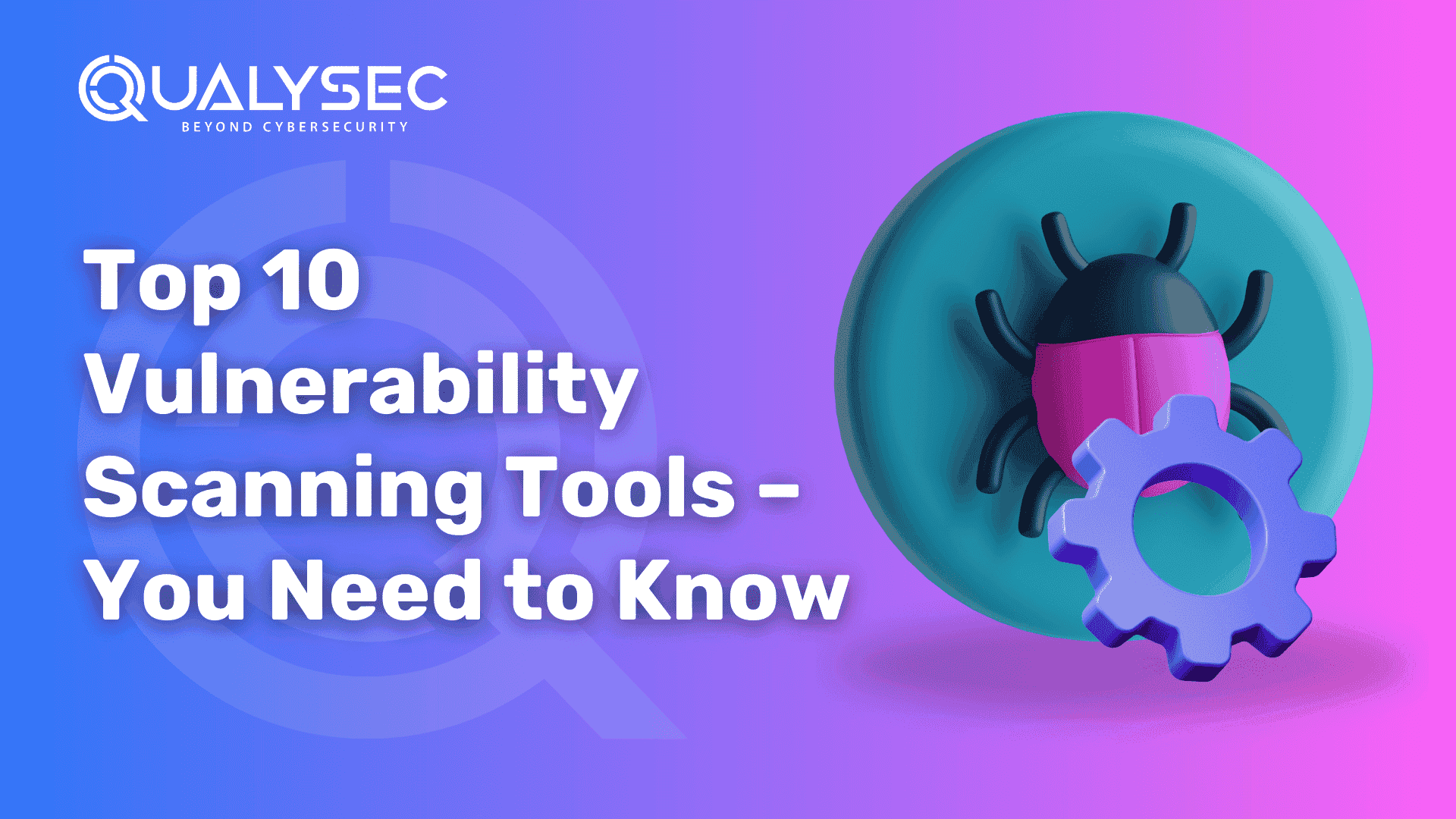


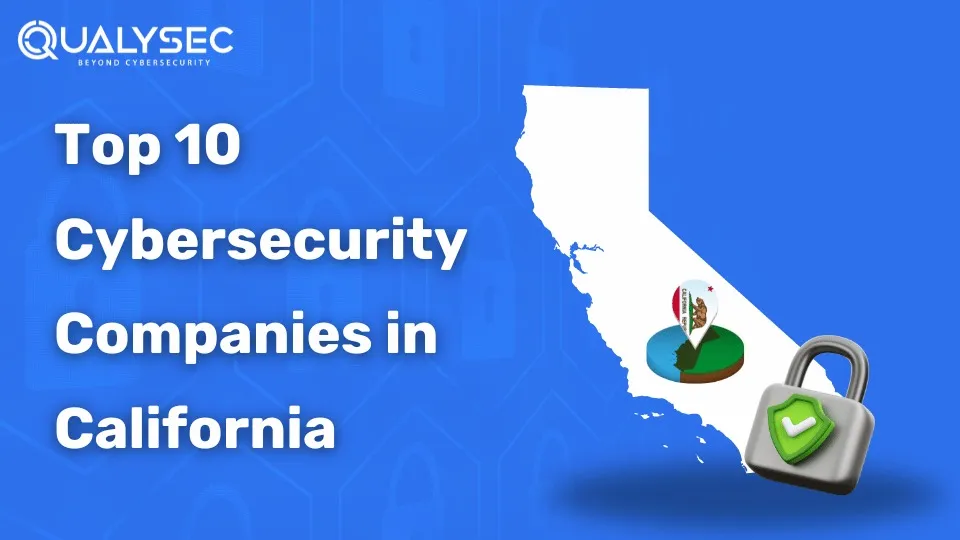
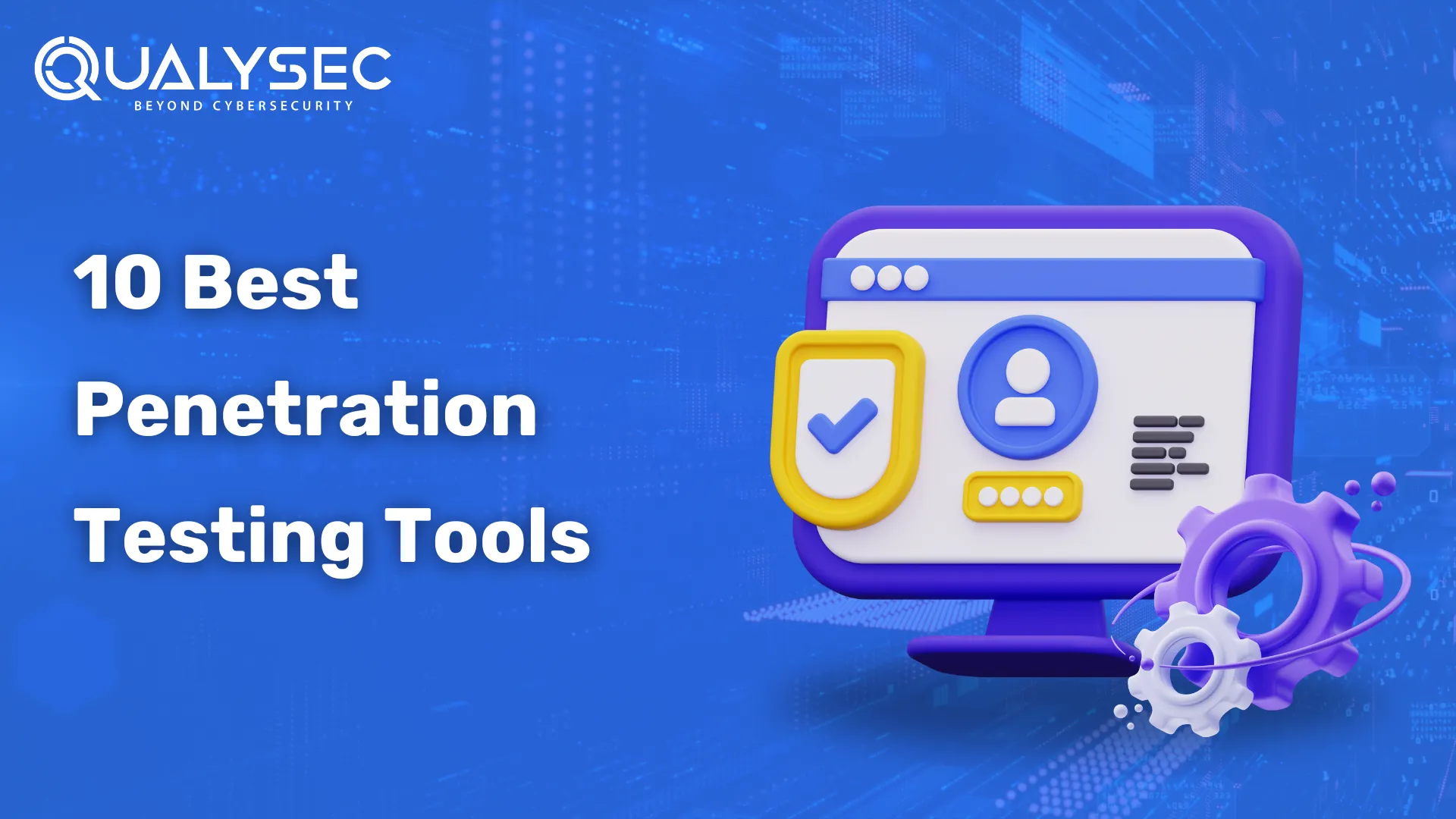





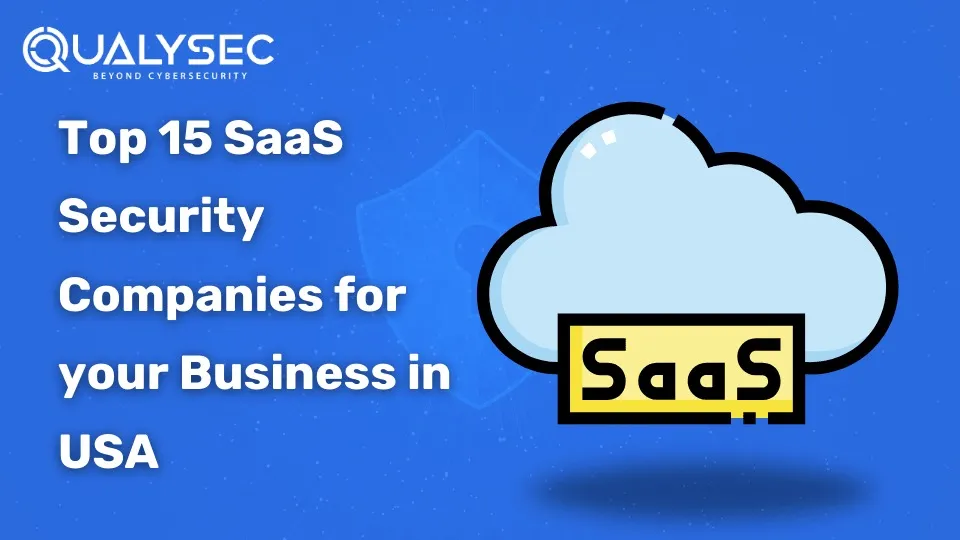



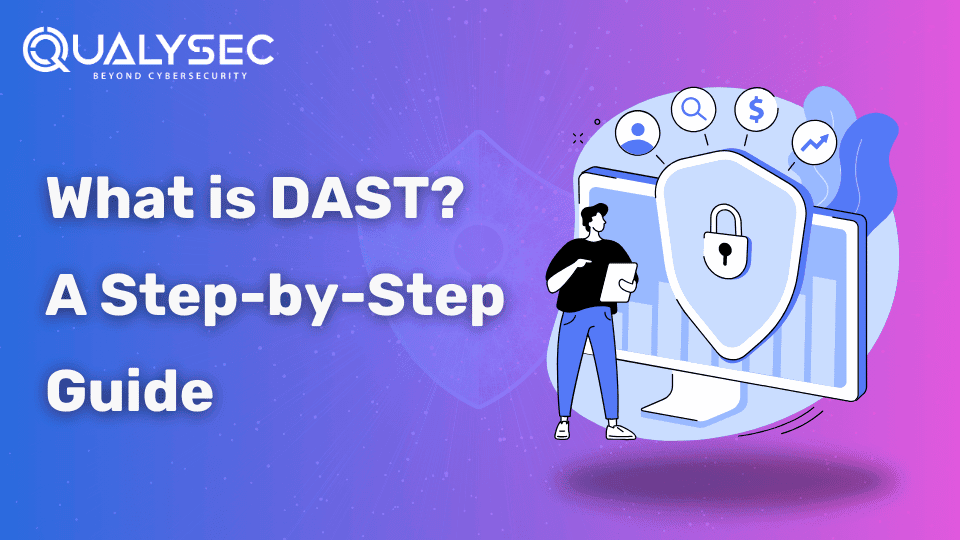


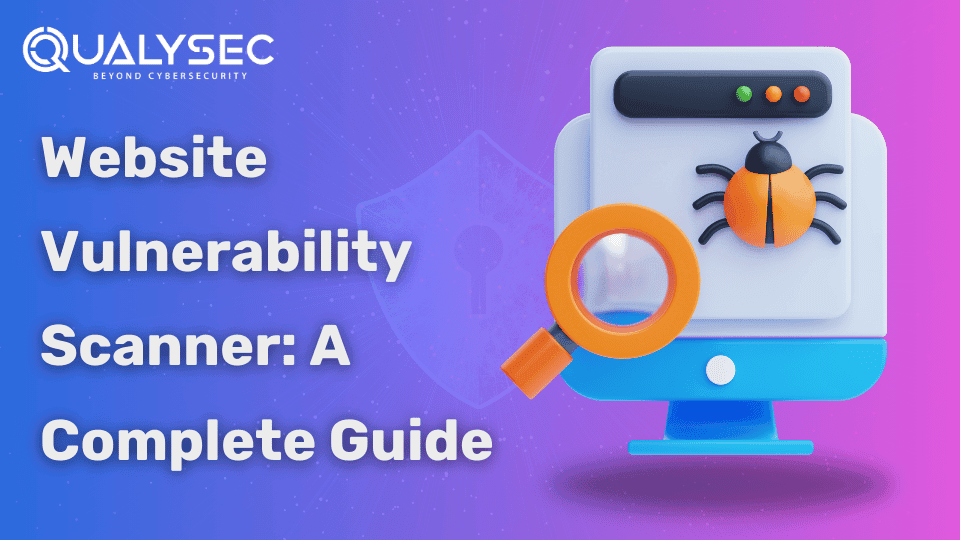

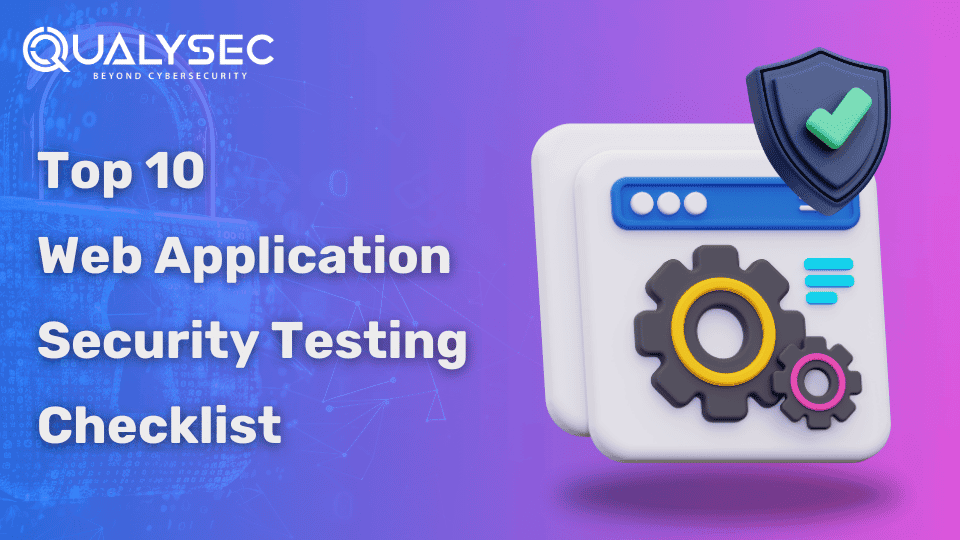

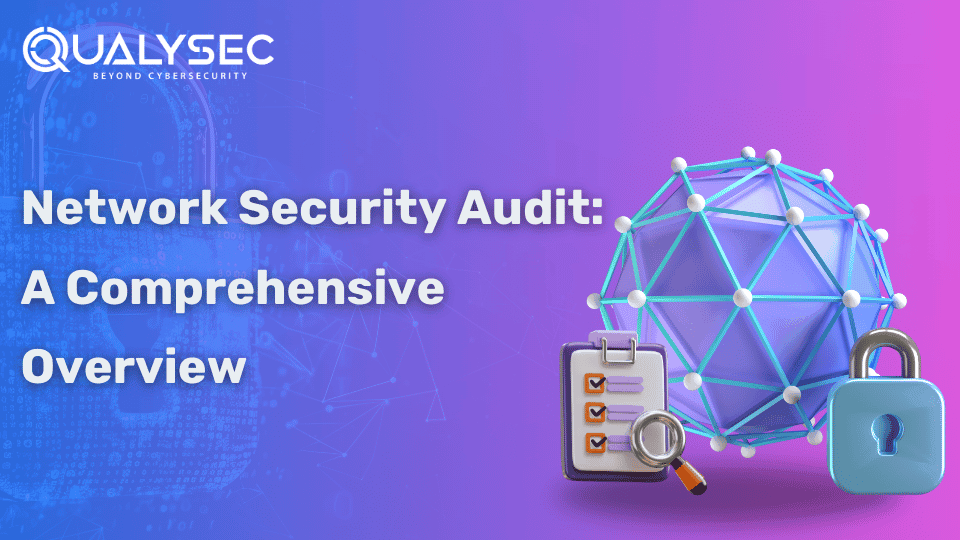











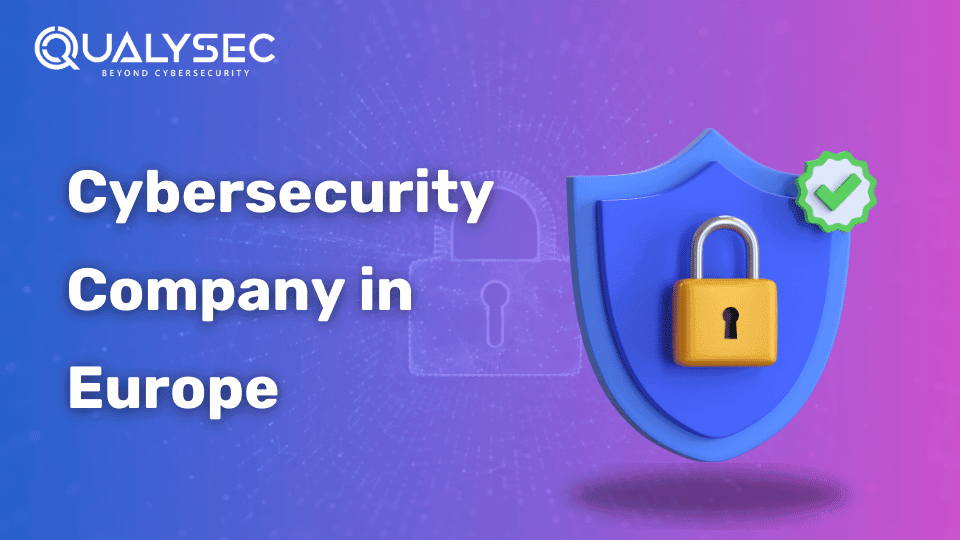
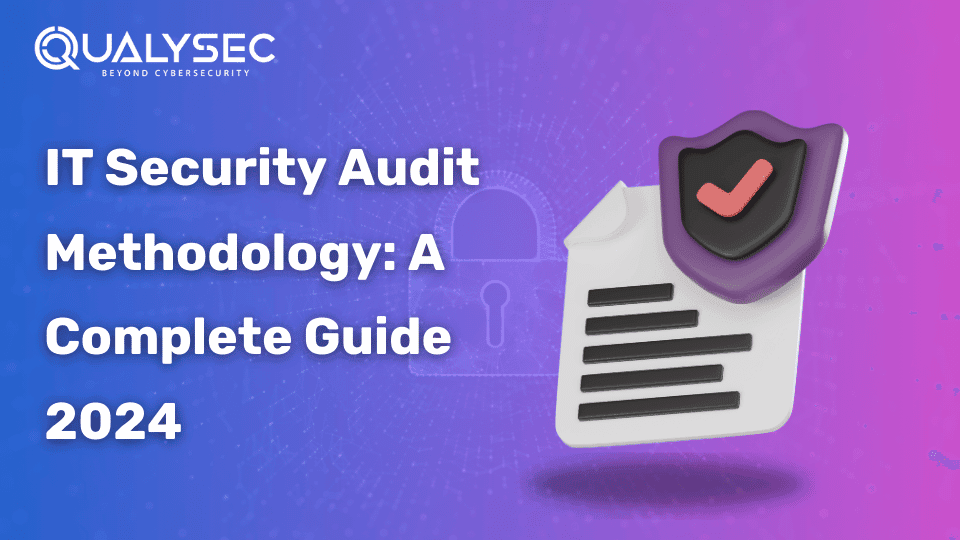

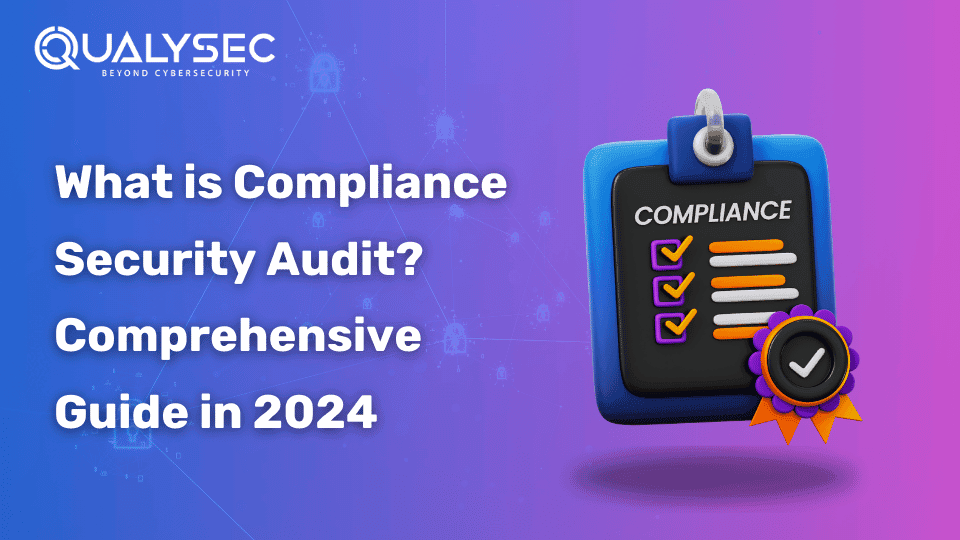


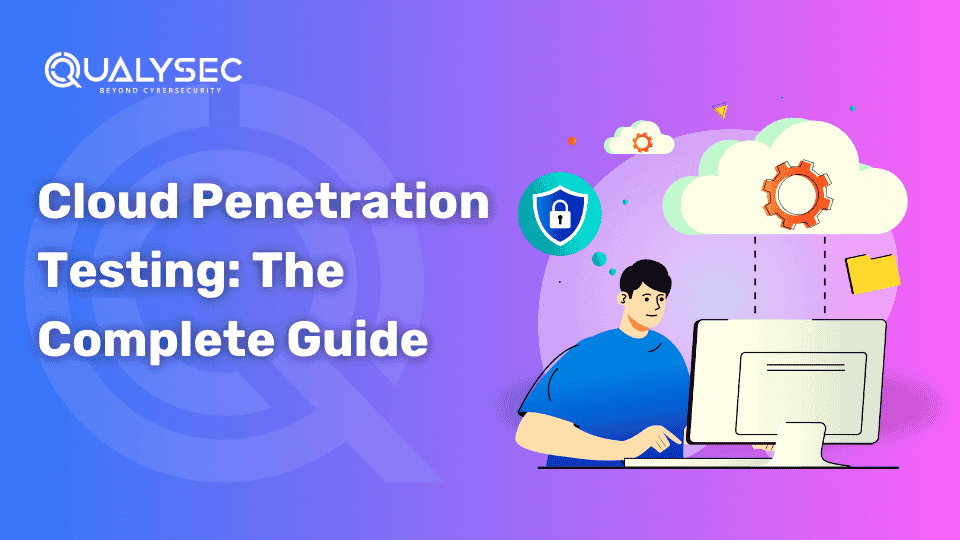


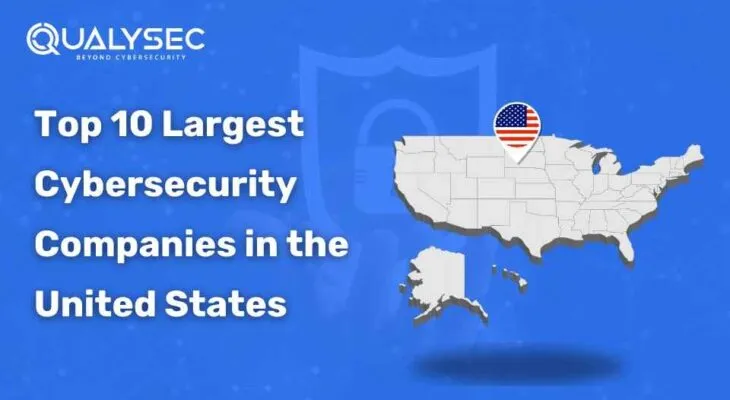


























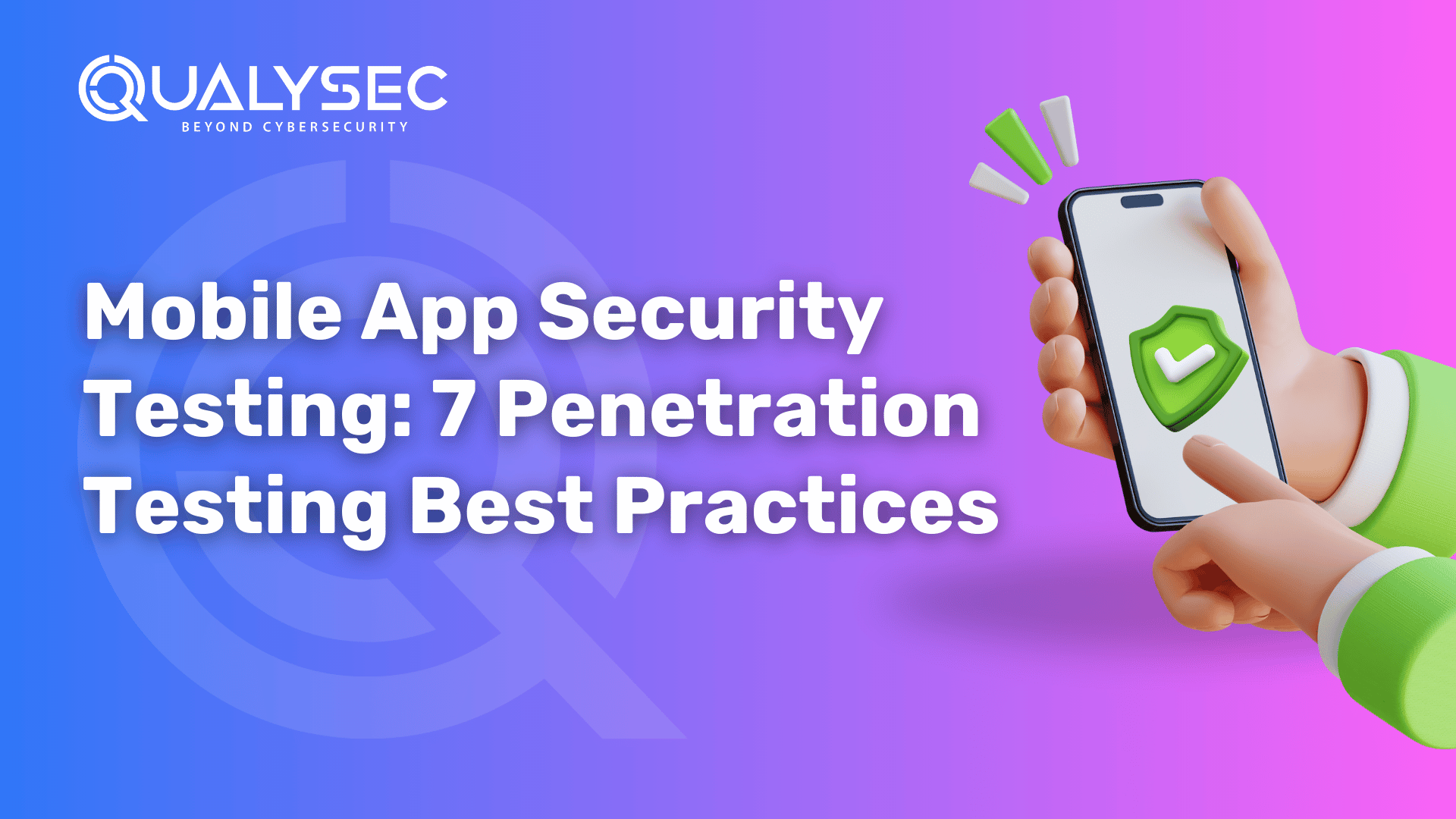














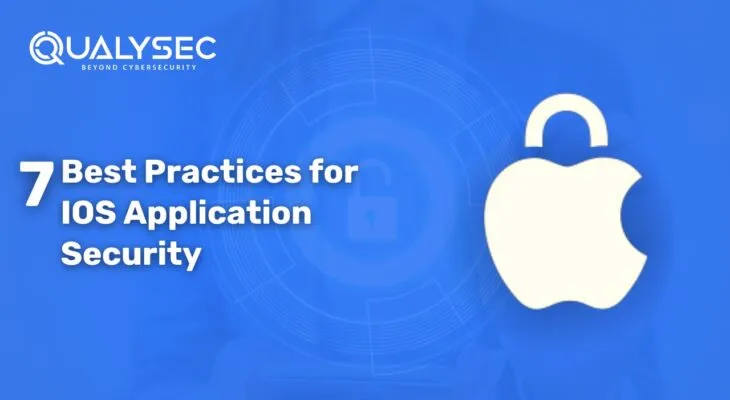


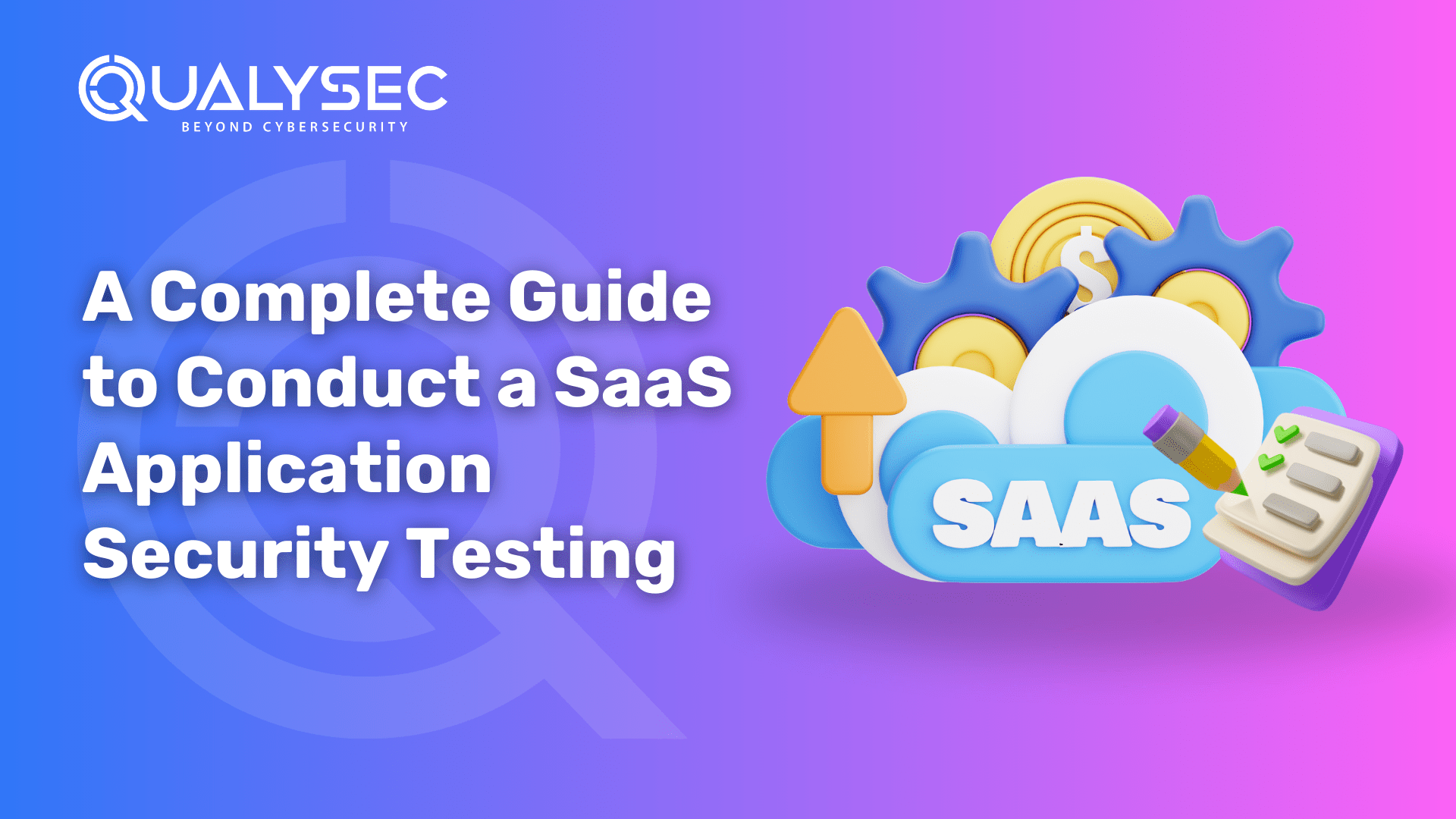





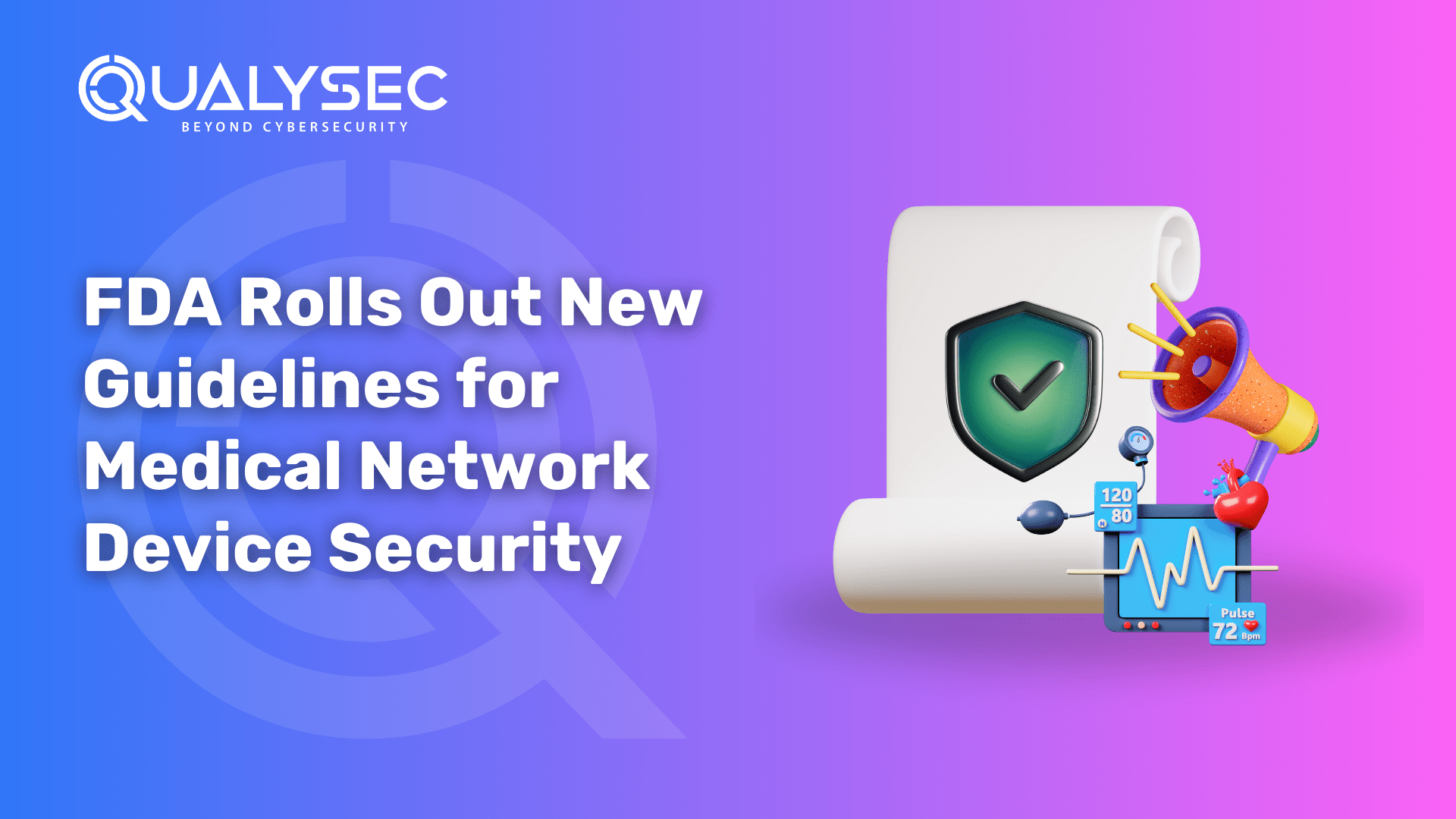





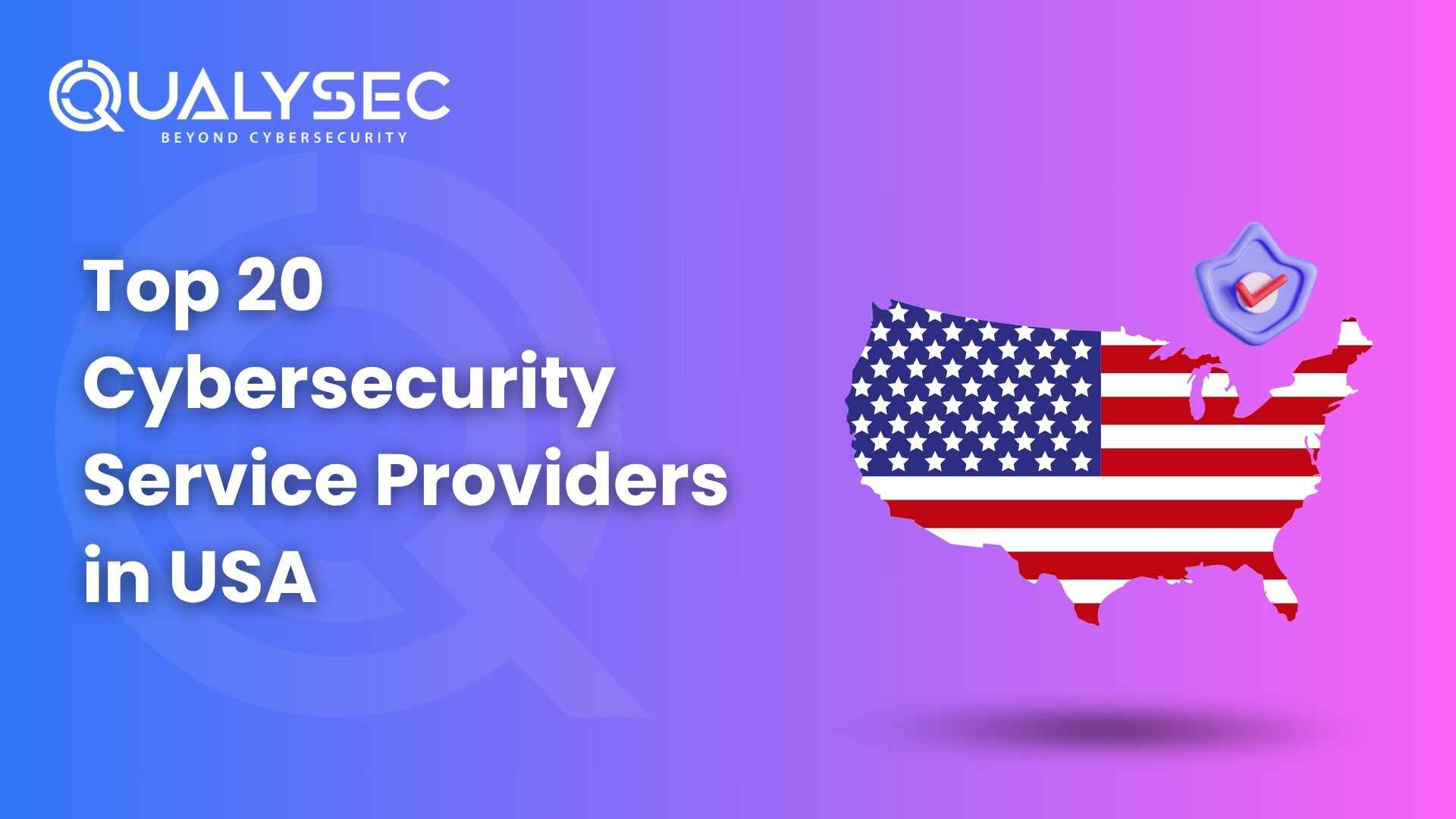










































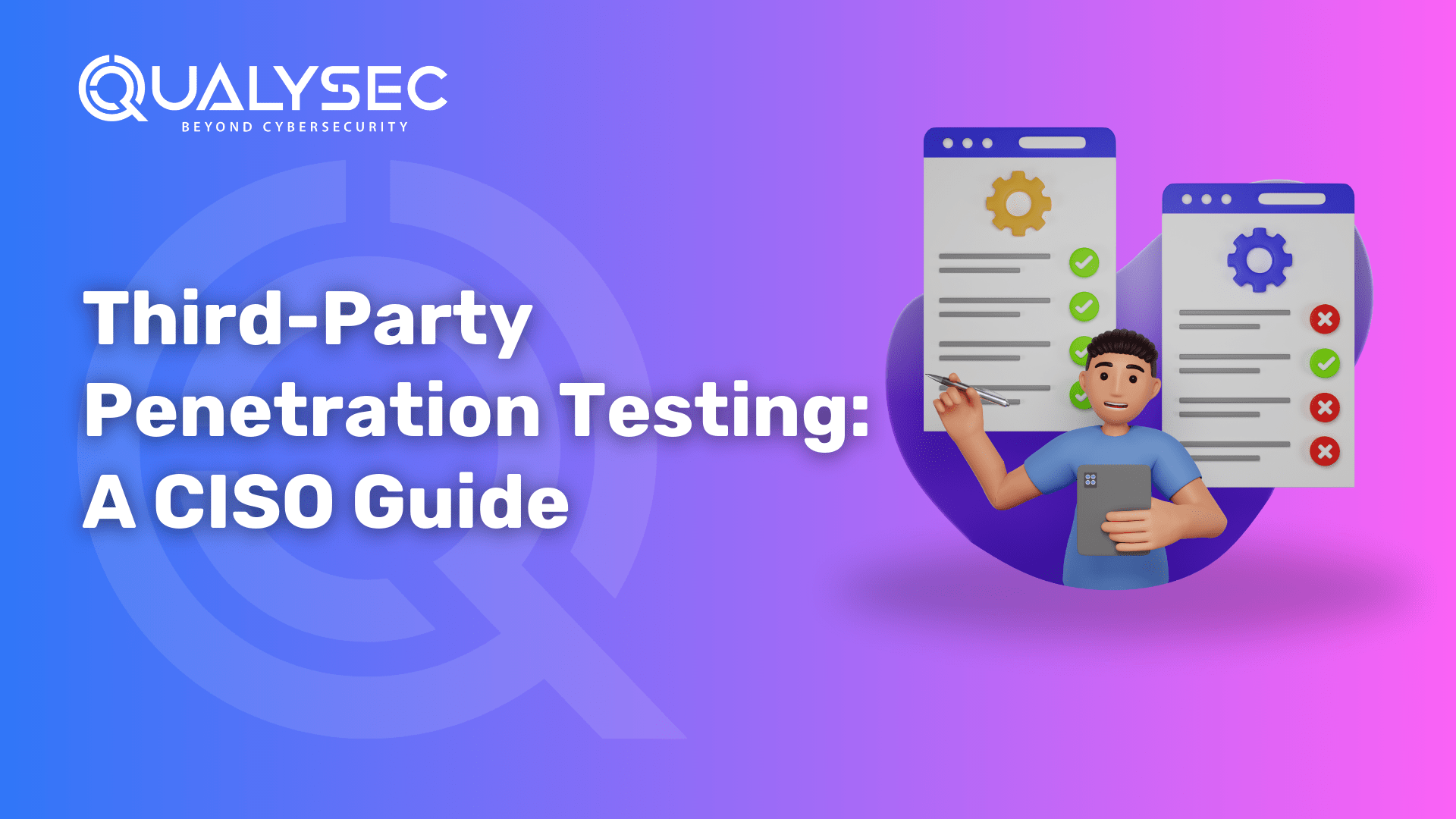





































































































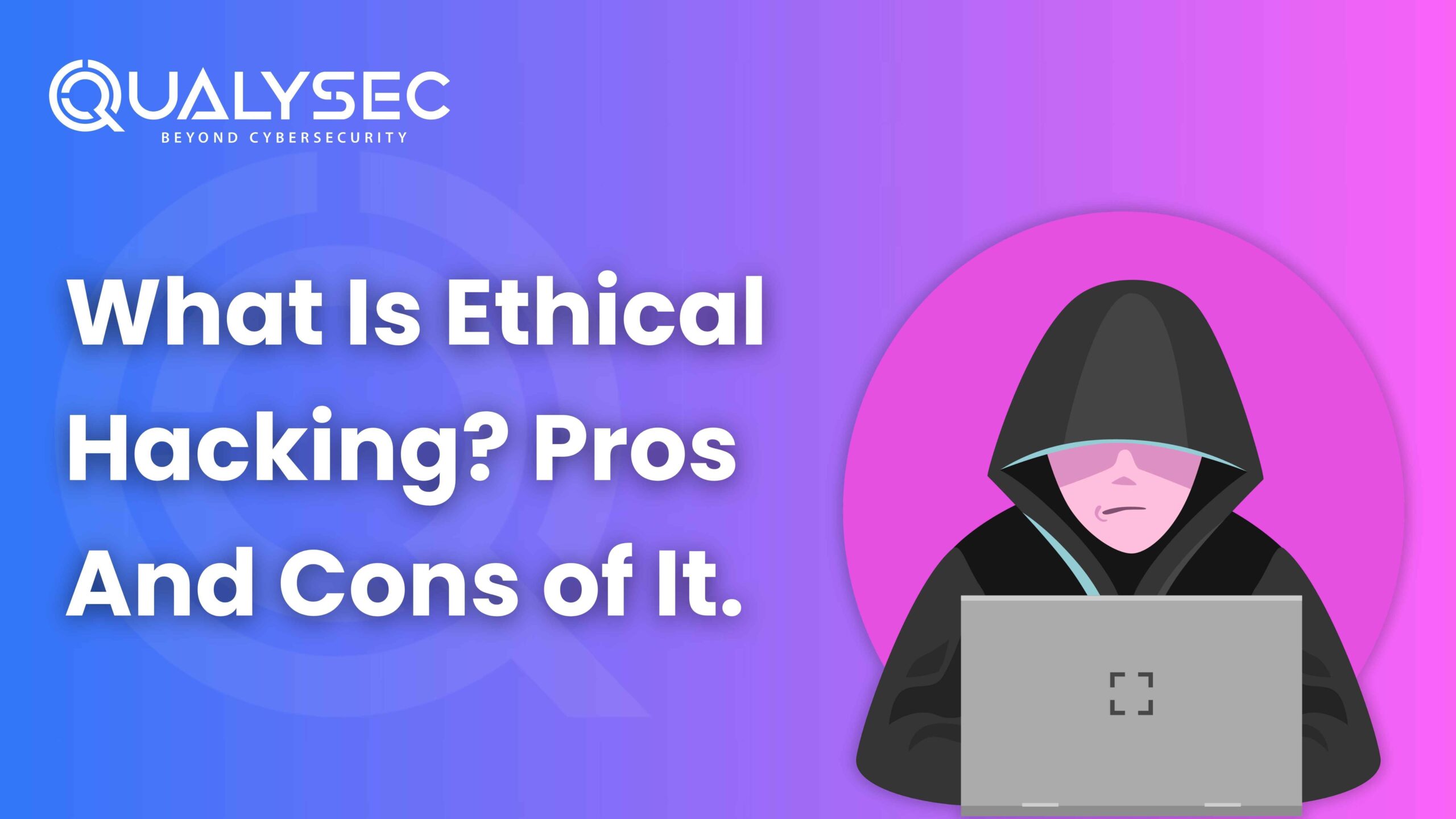







































0 Comments